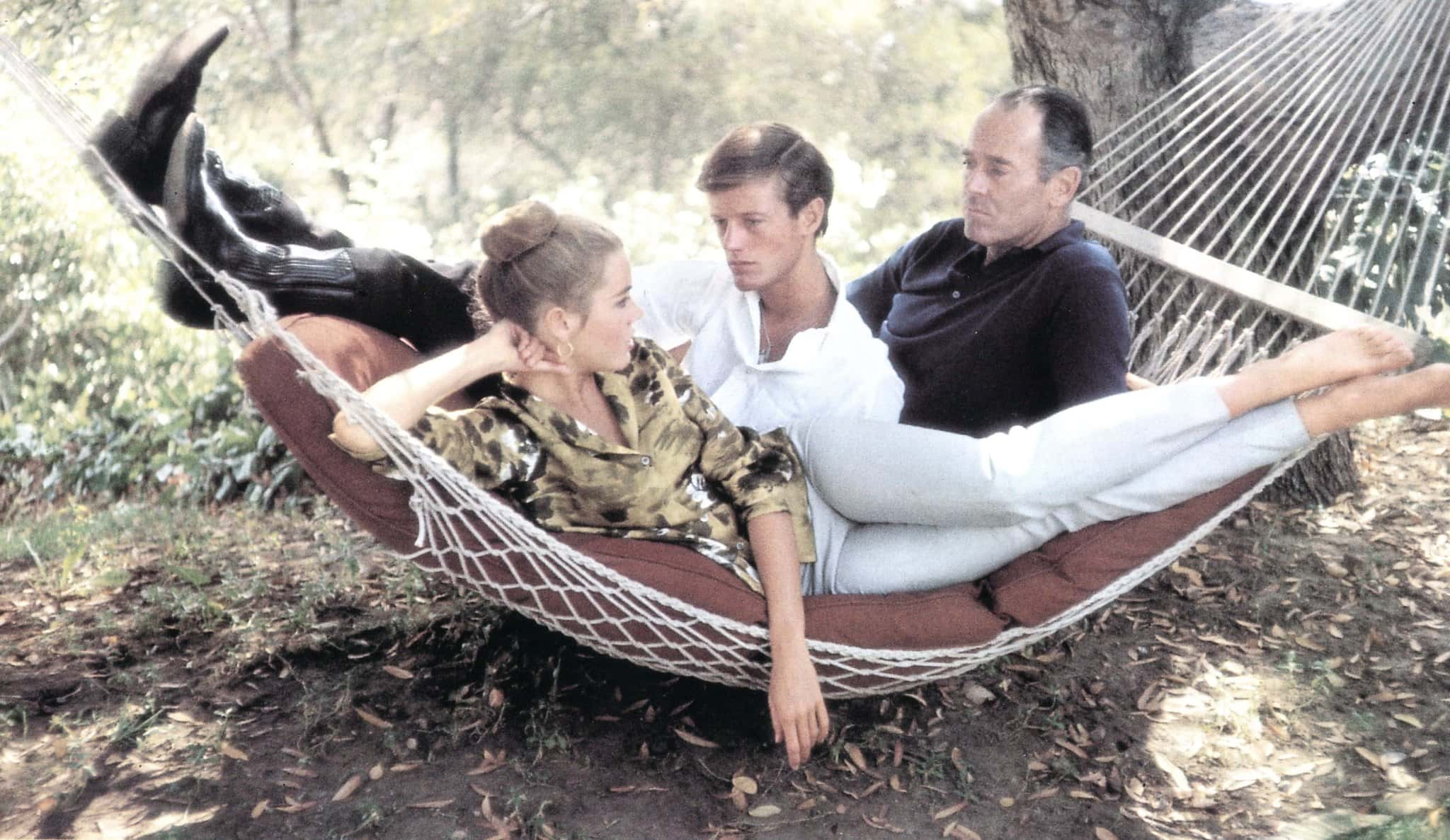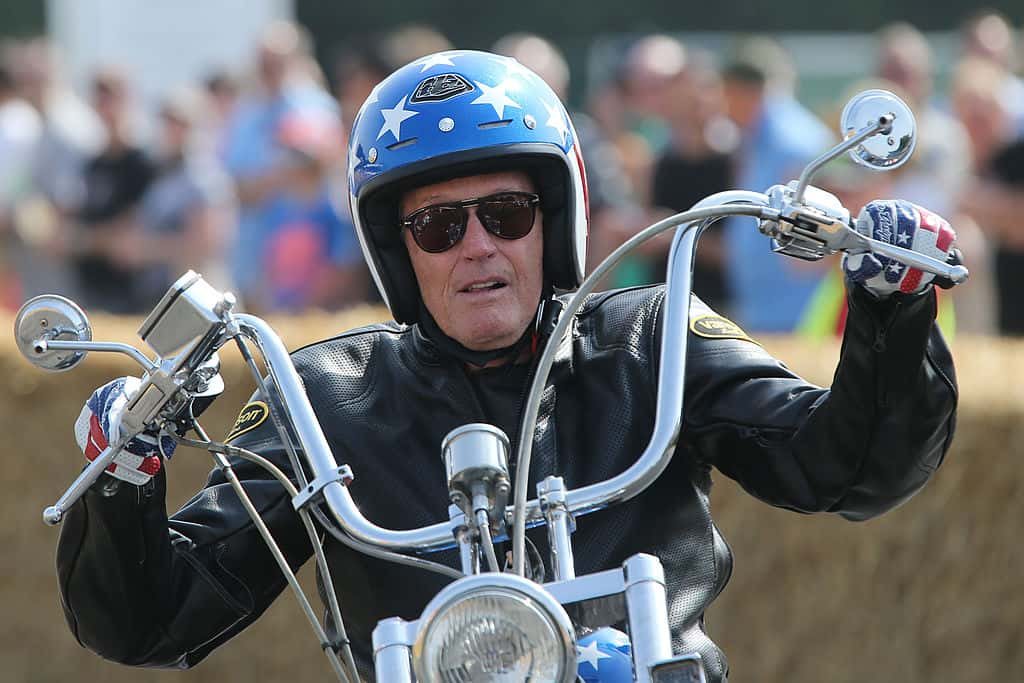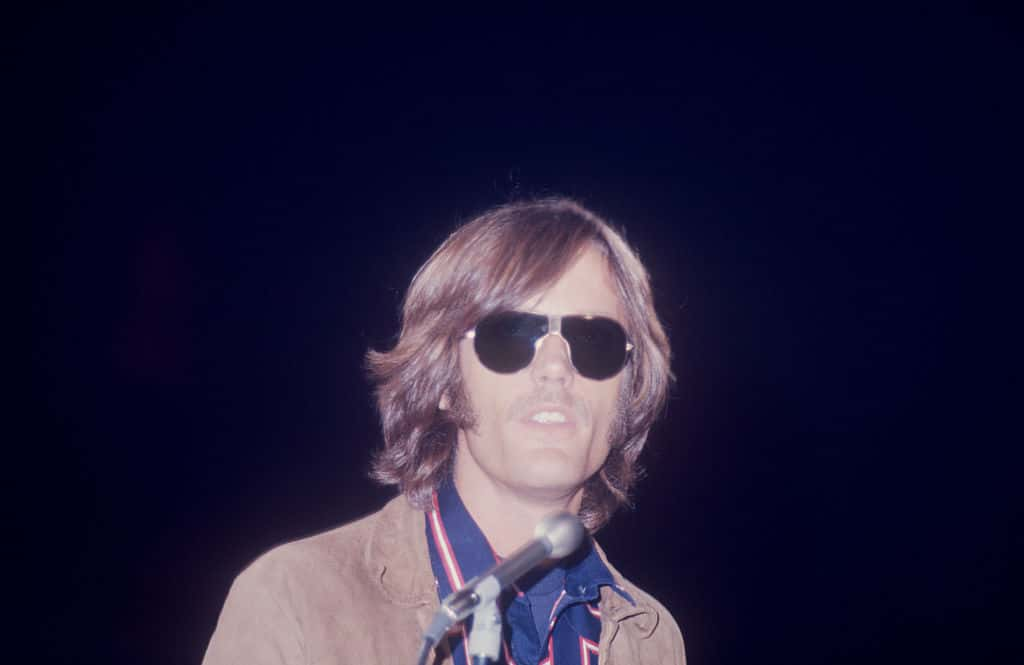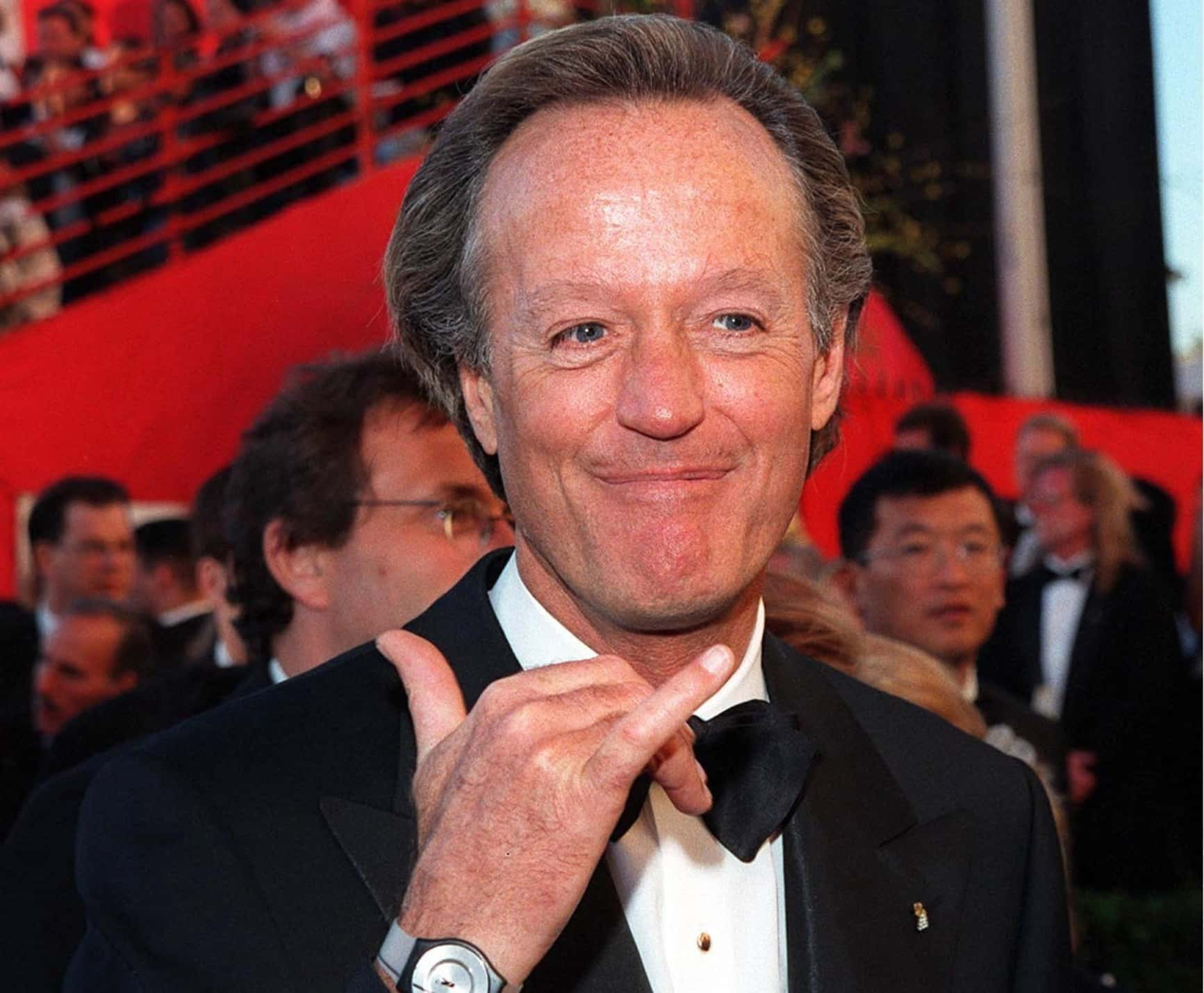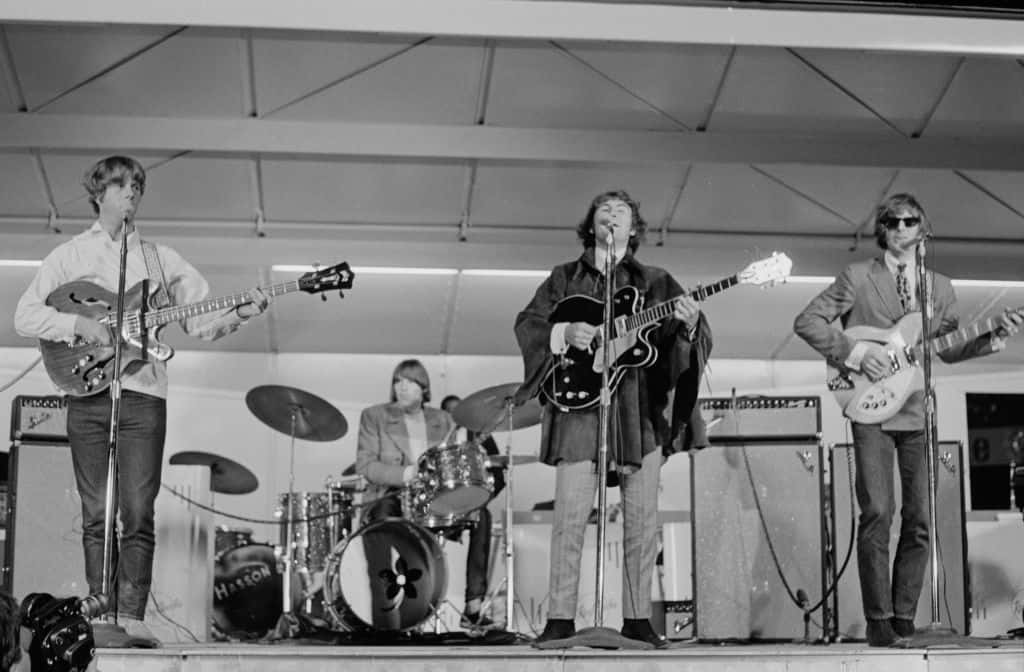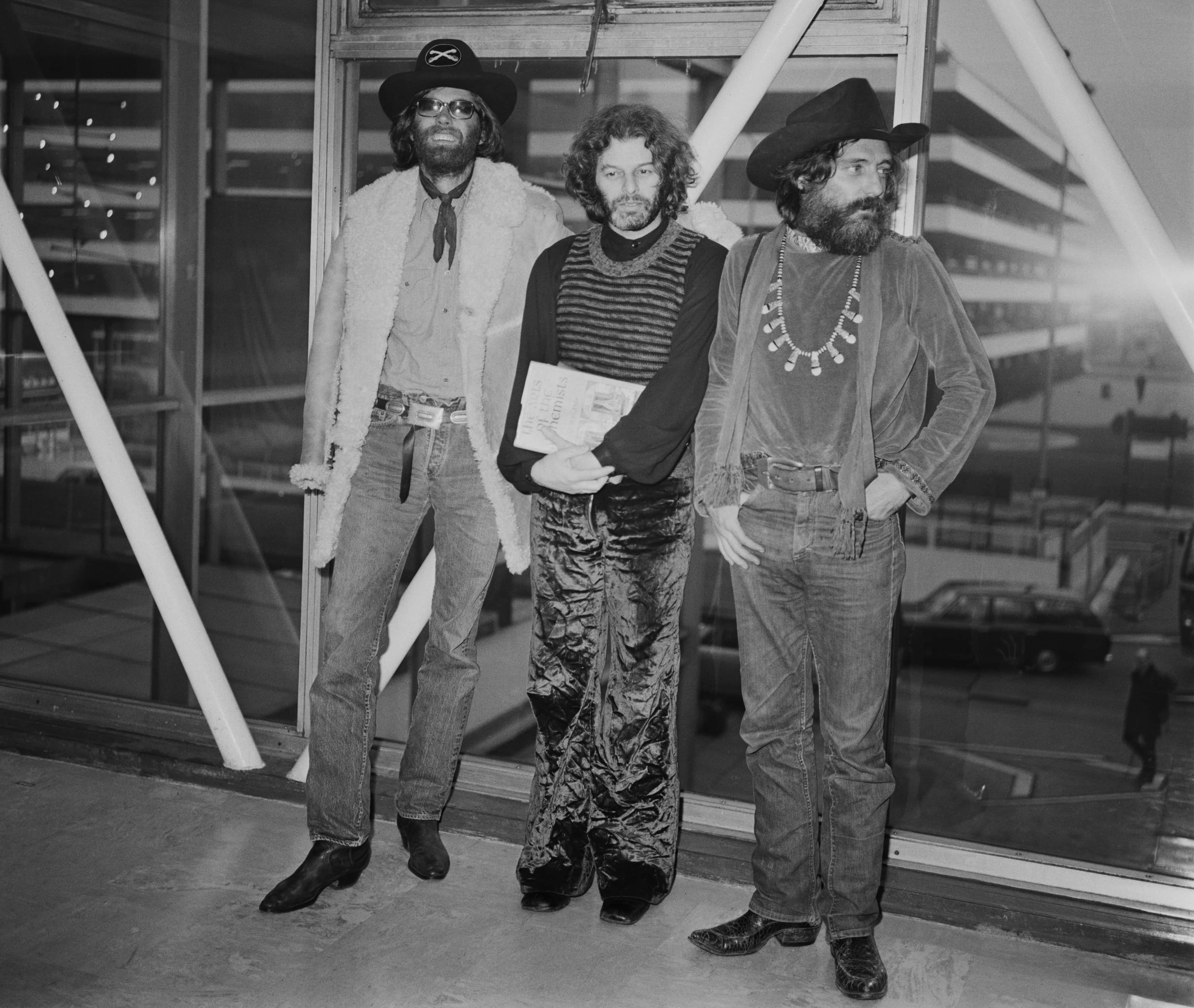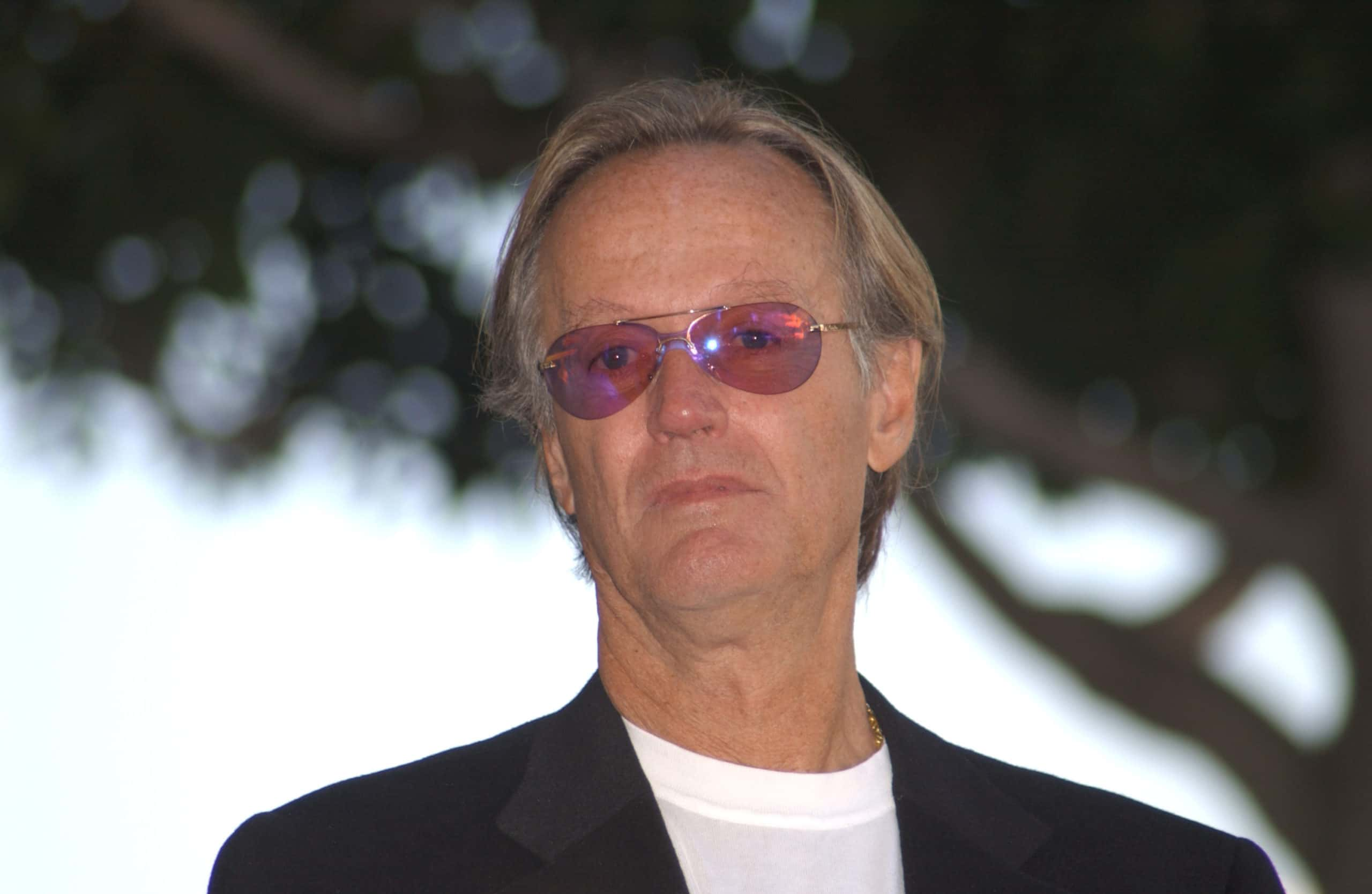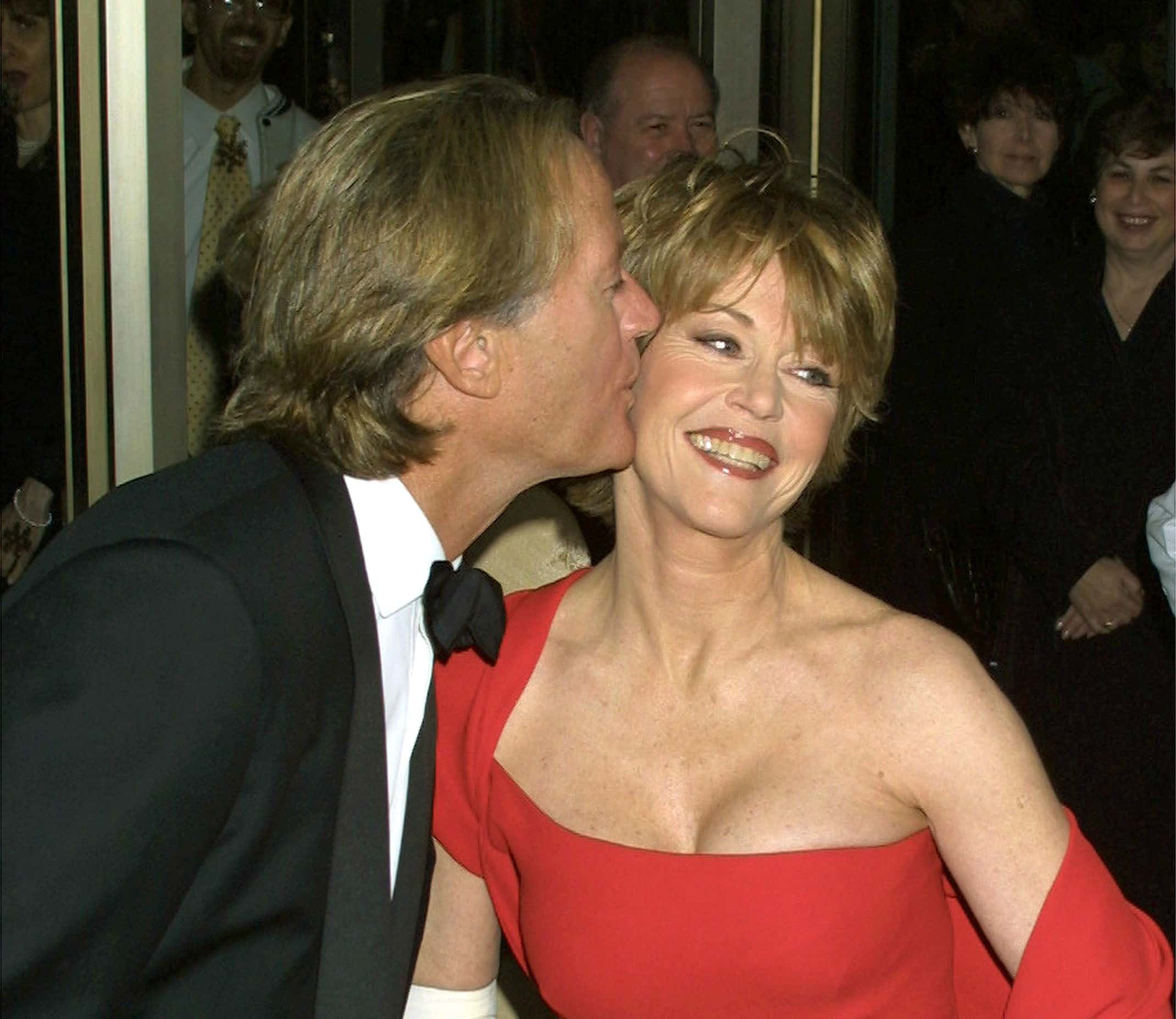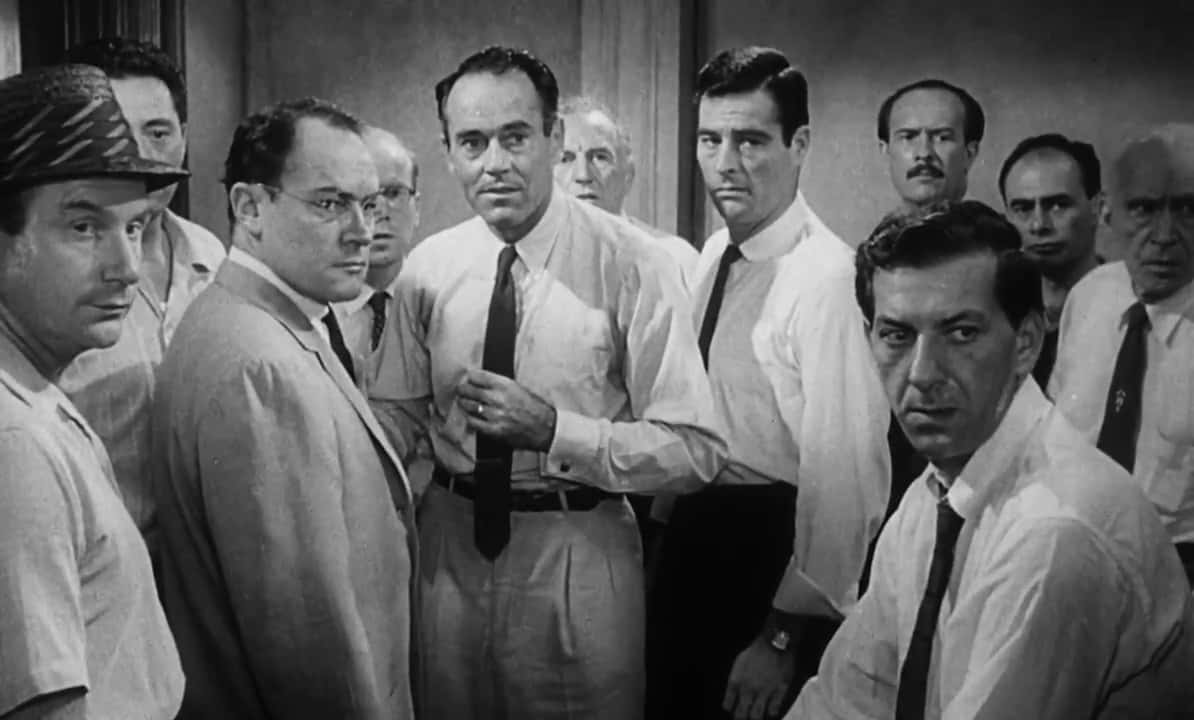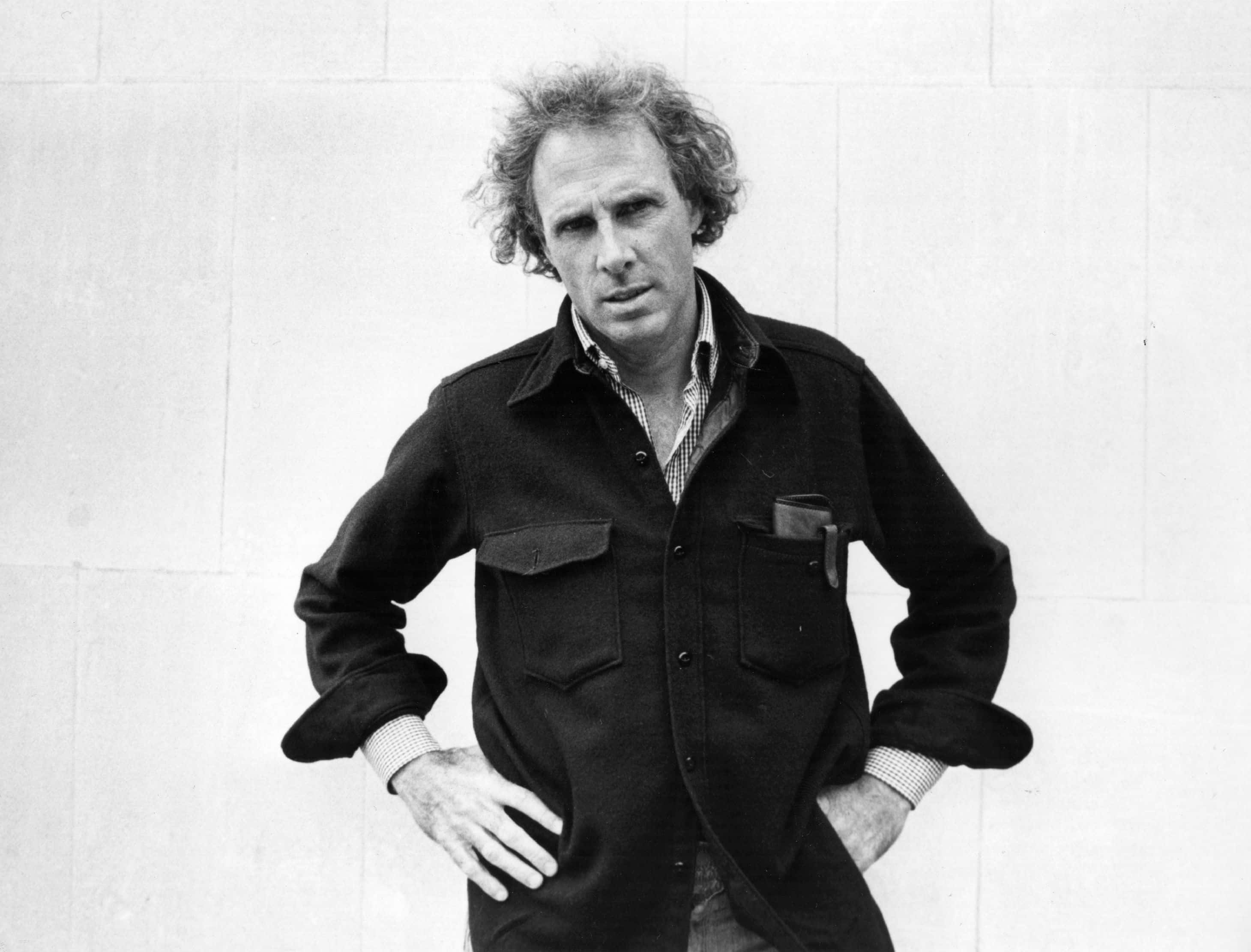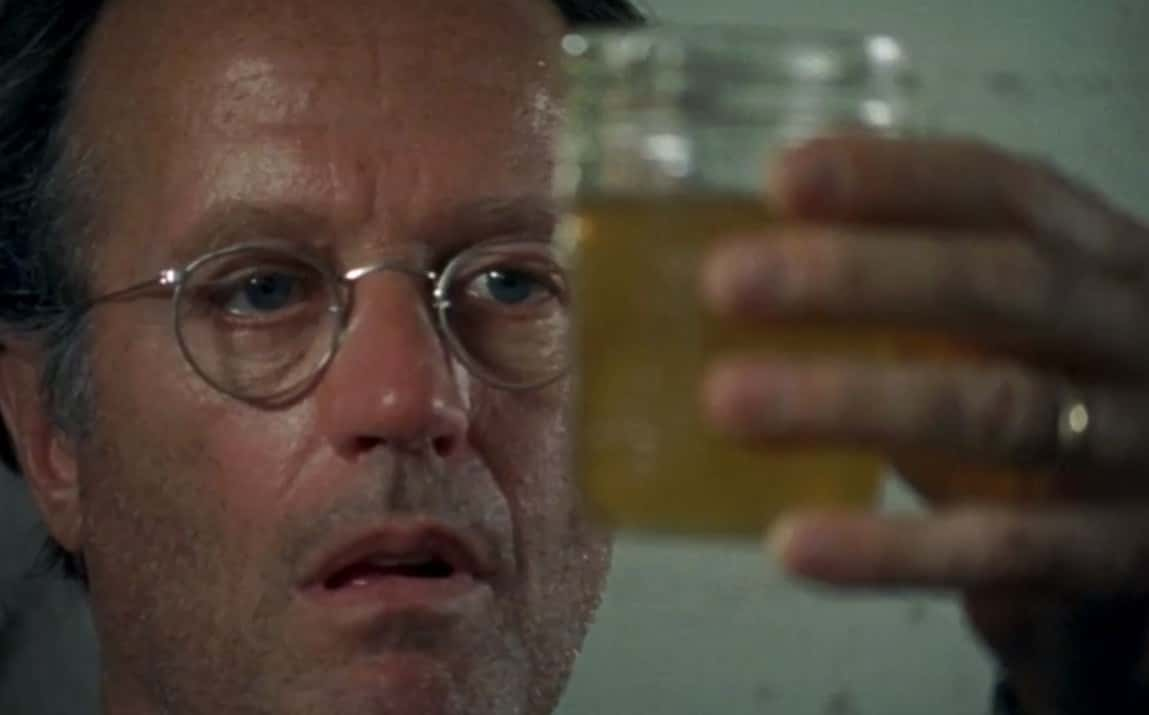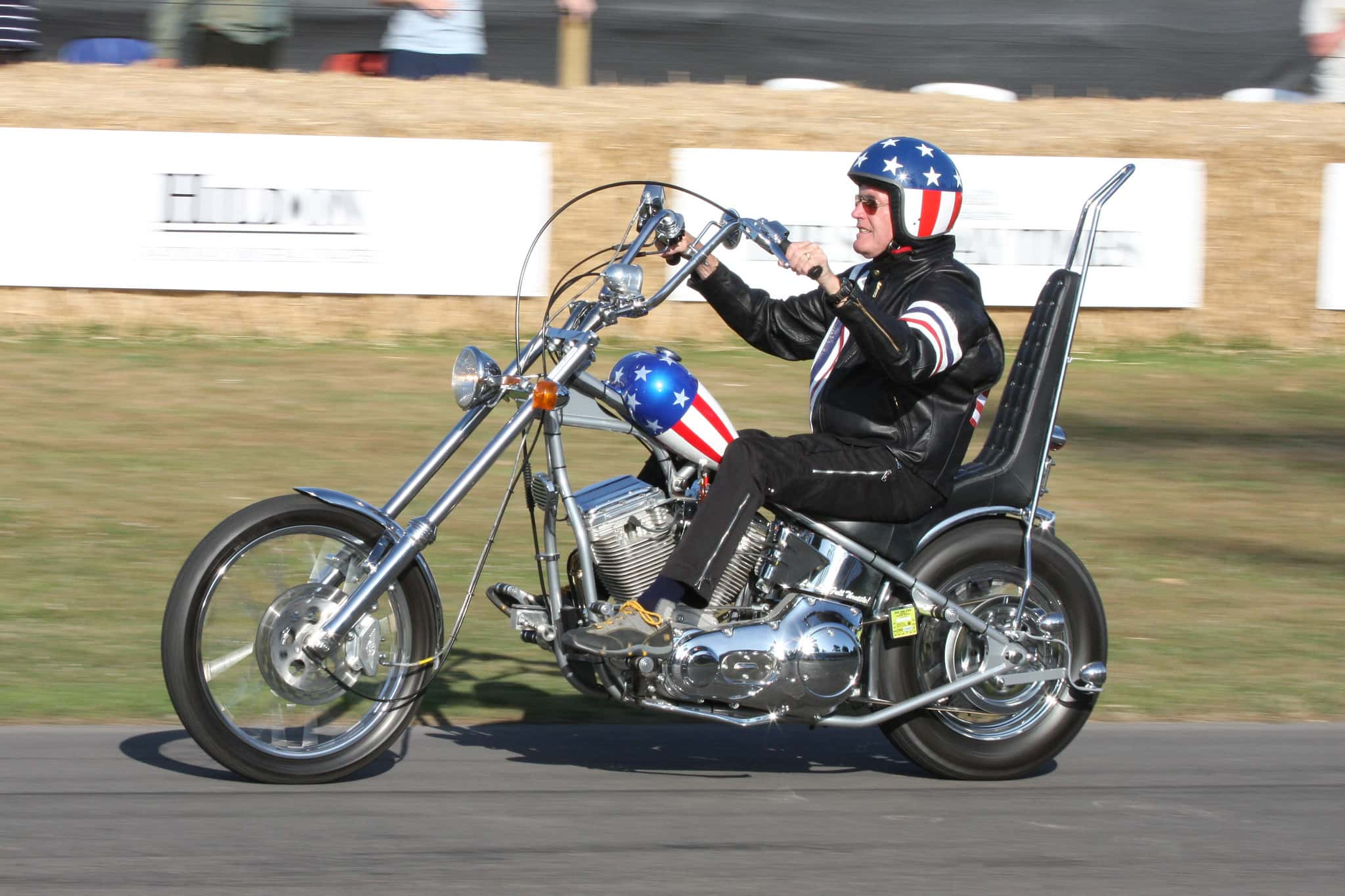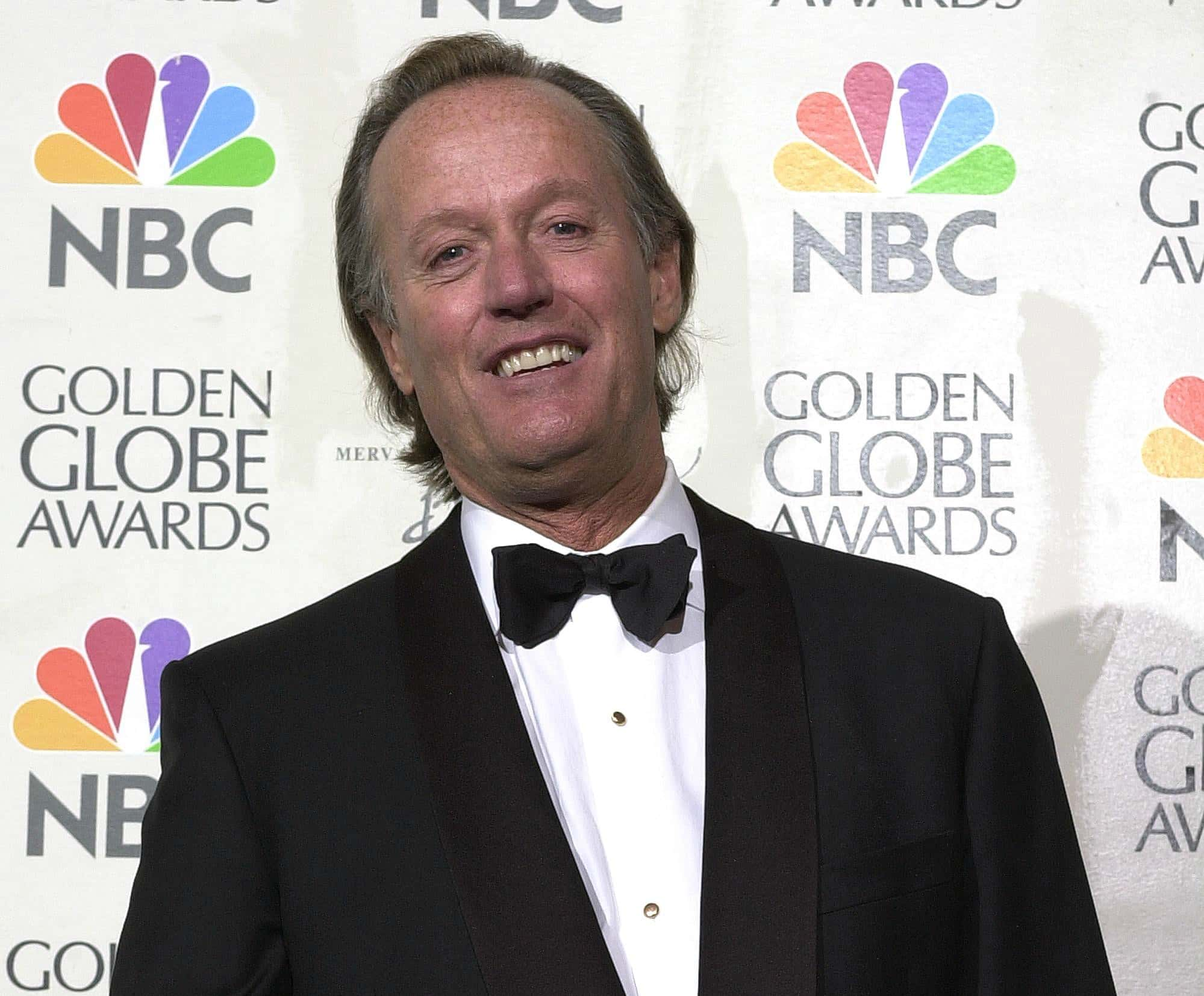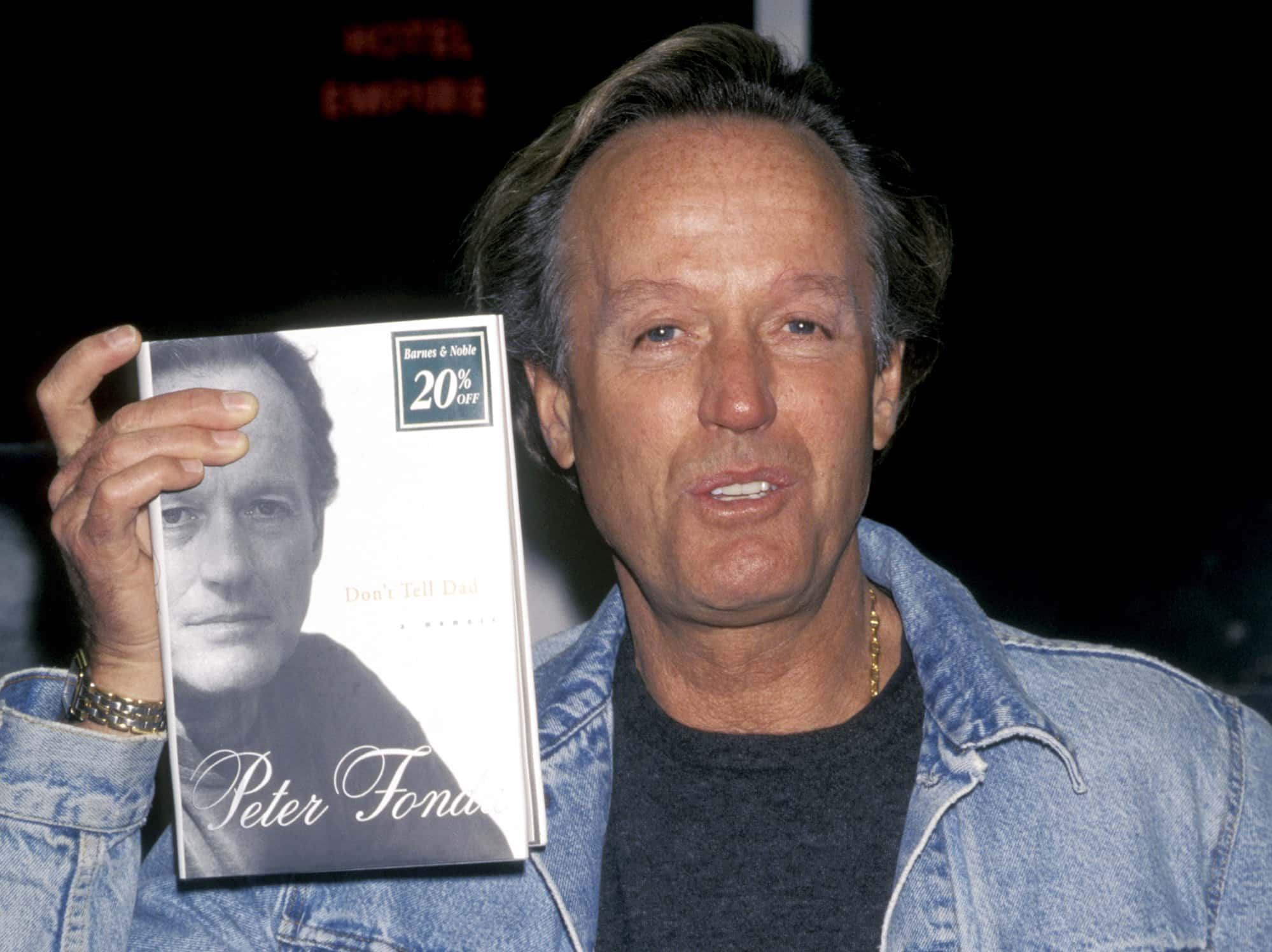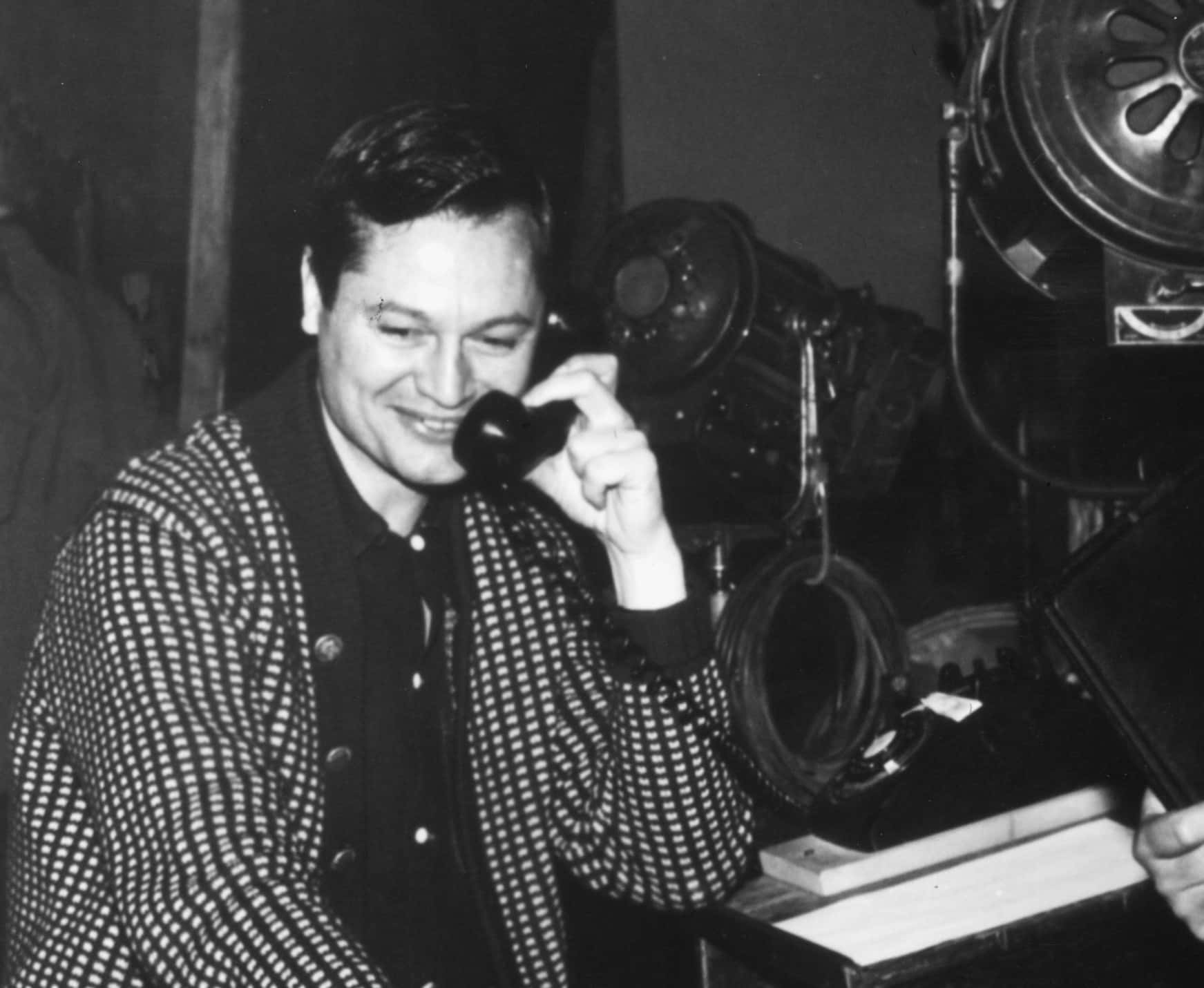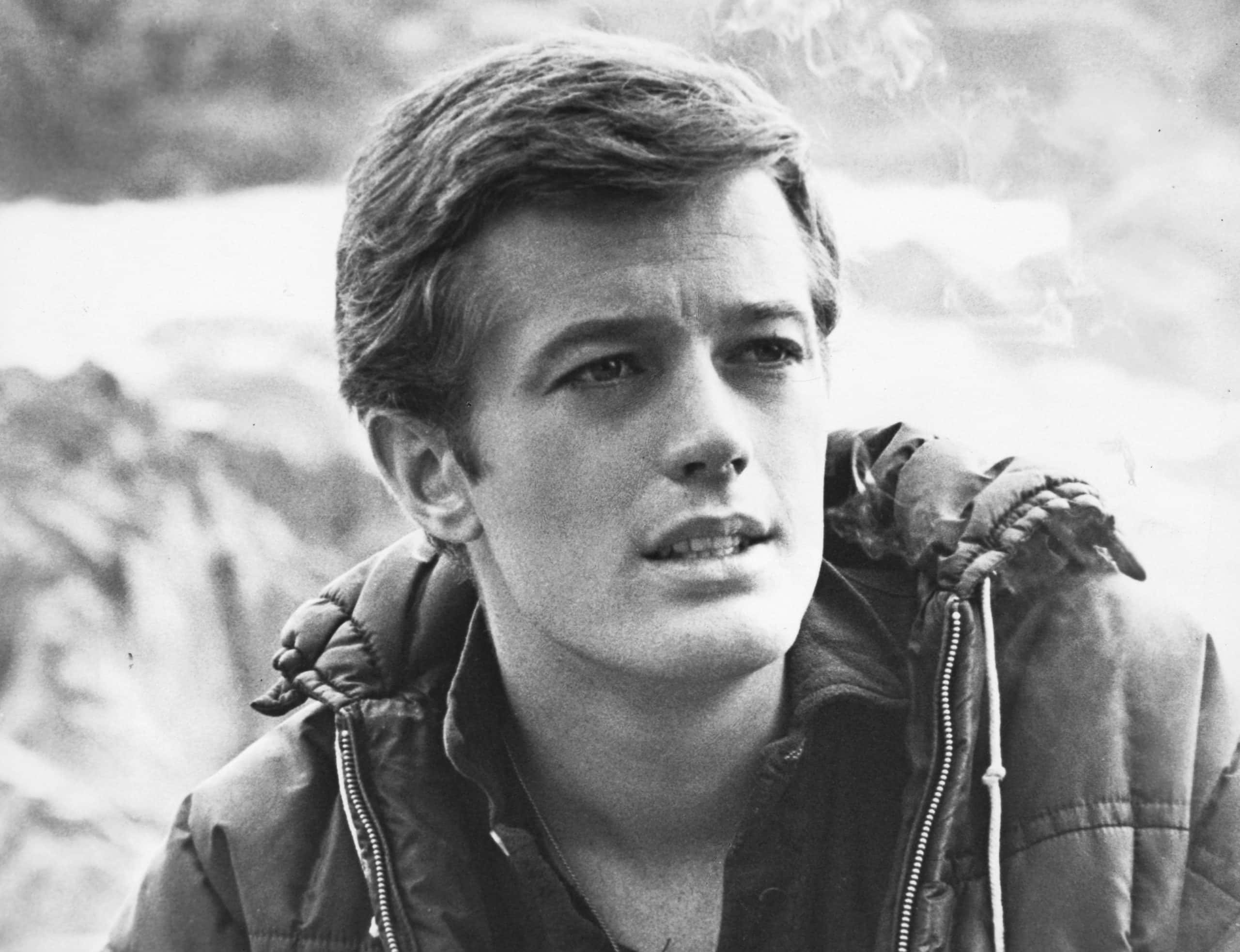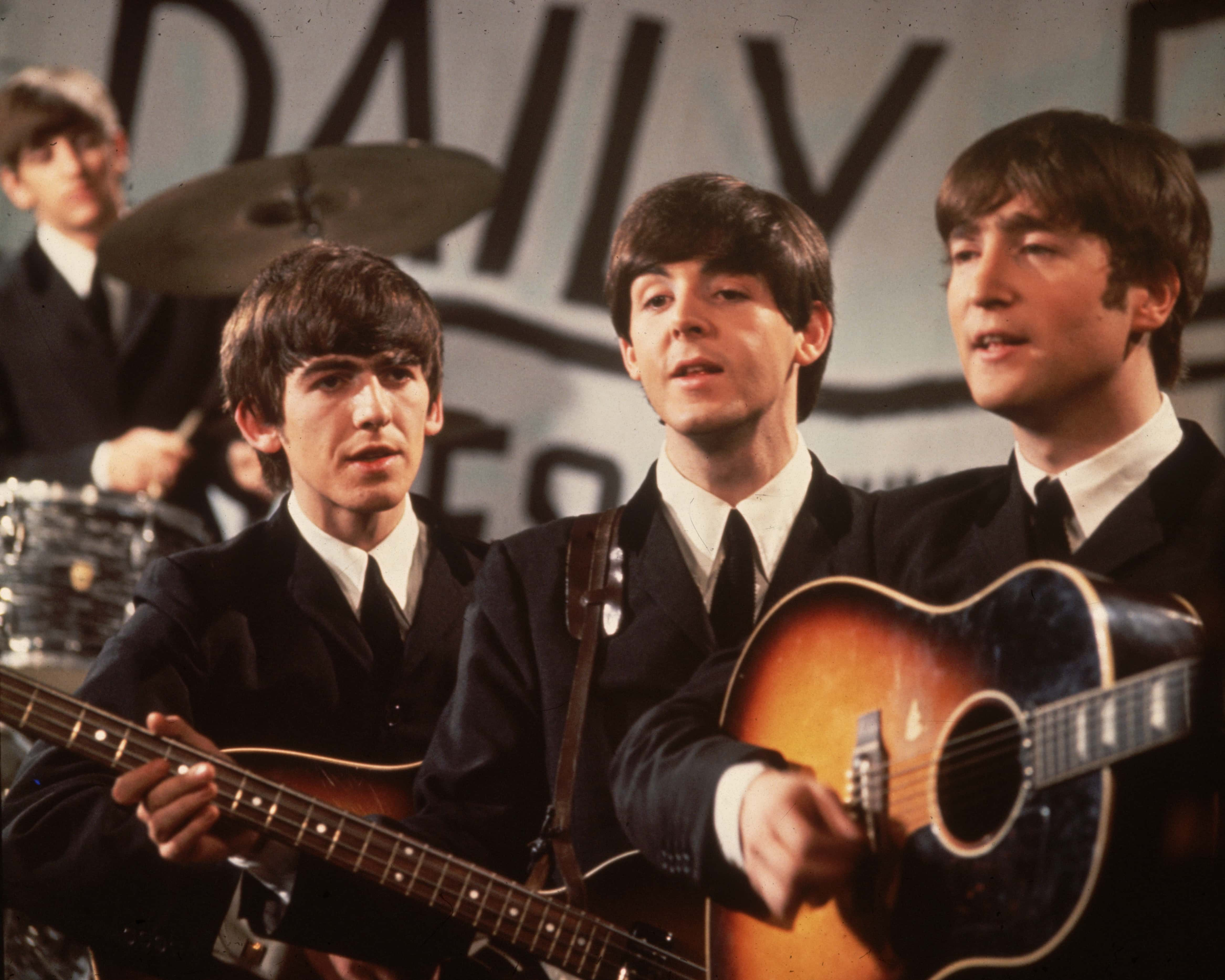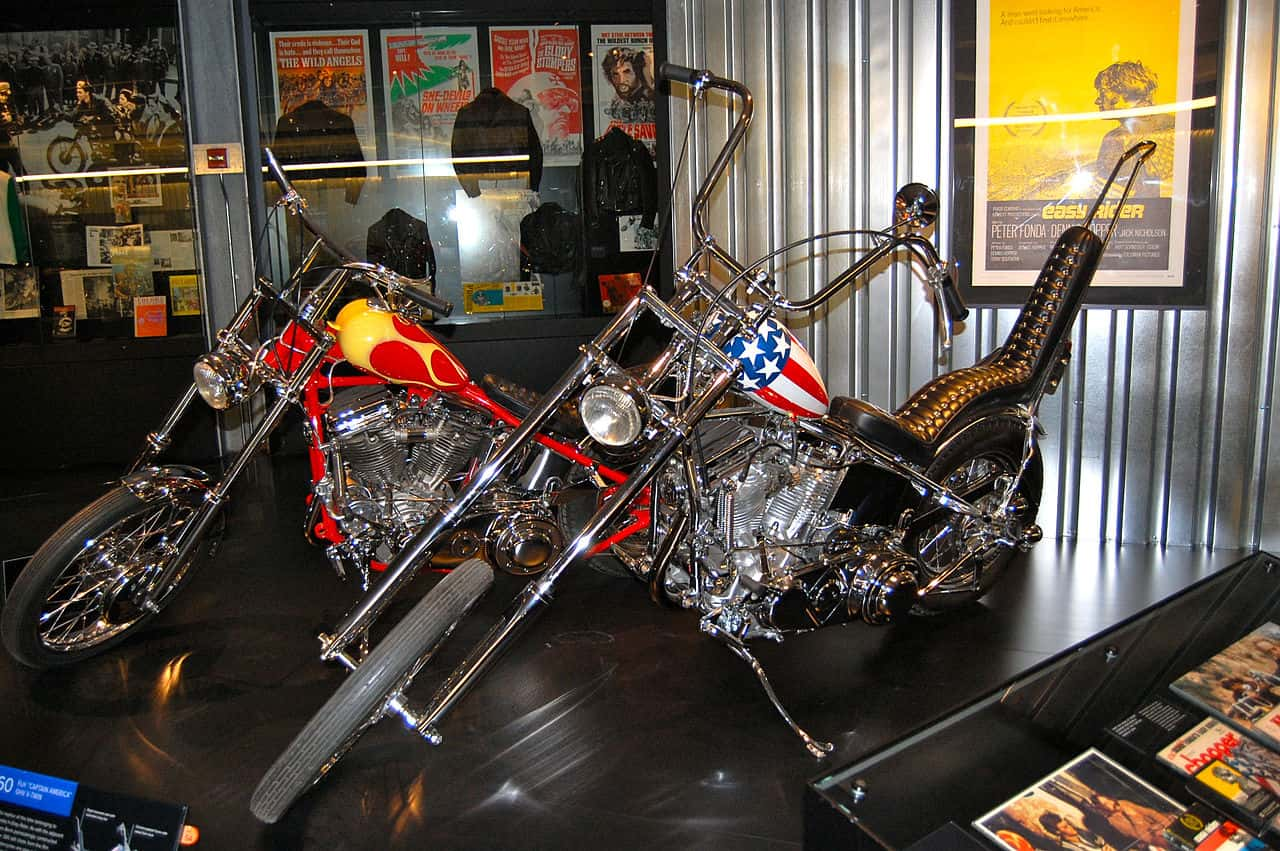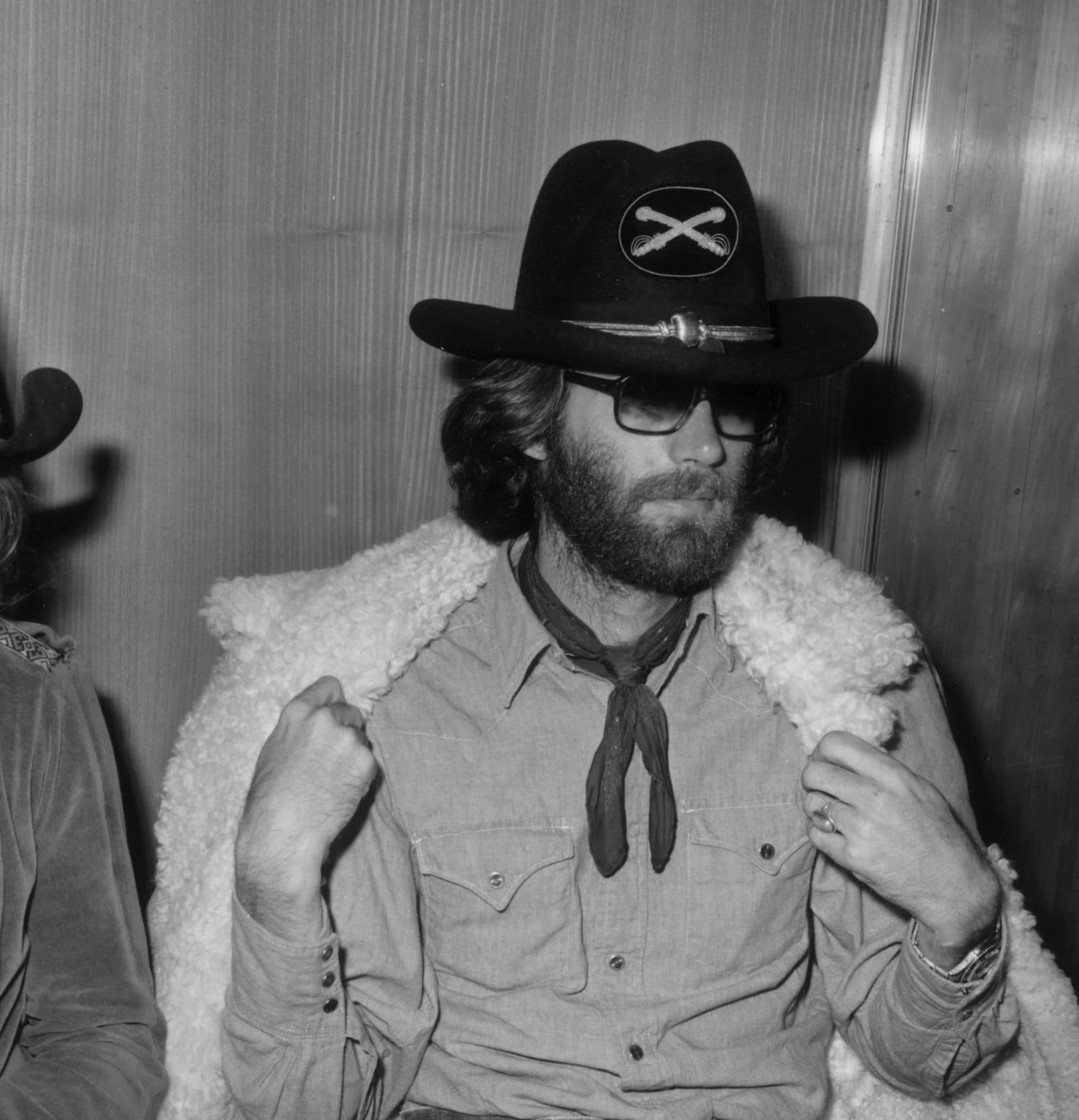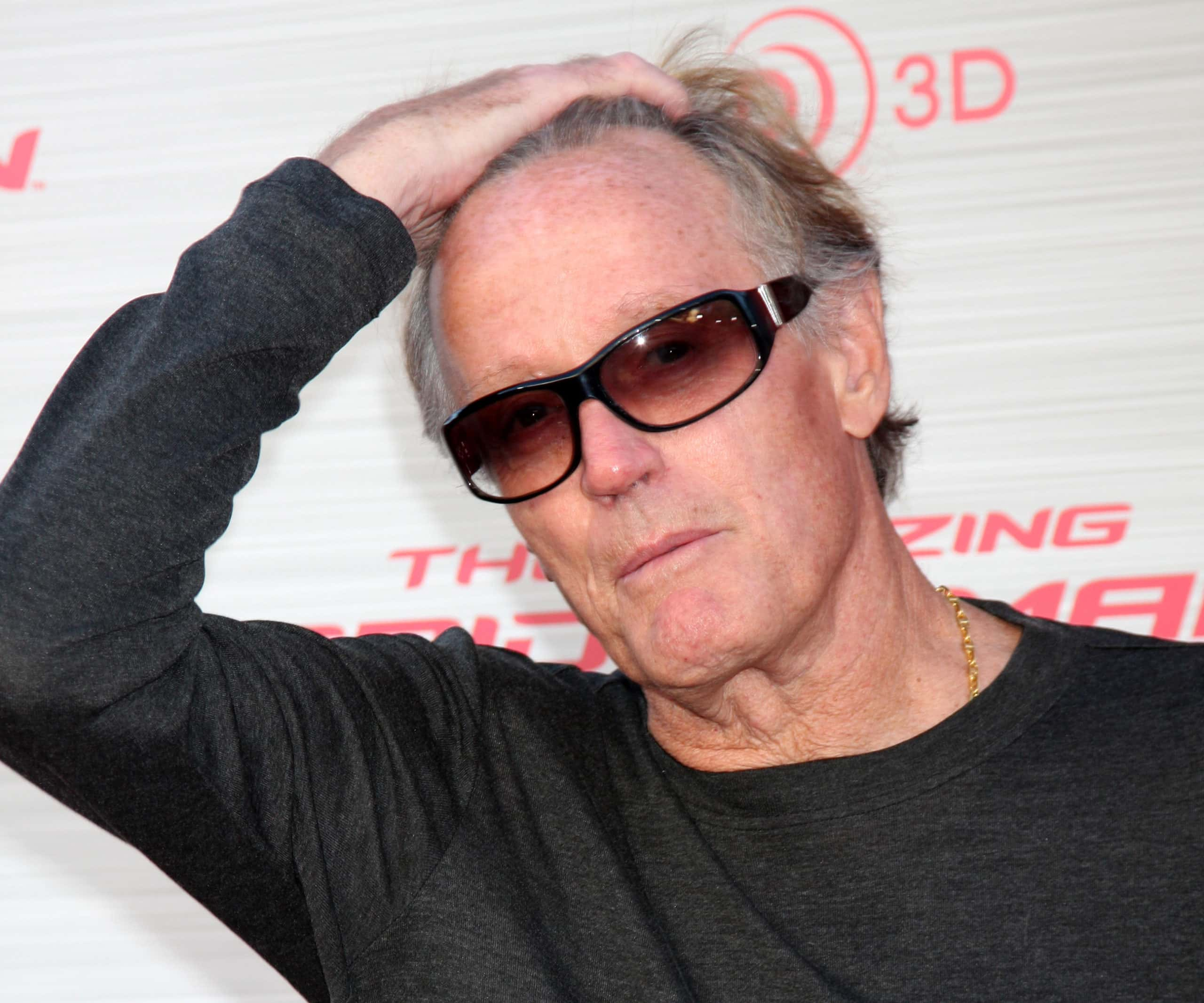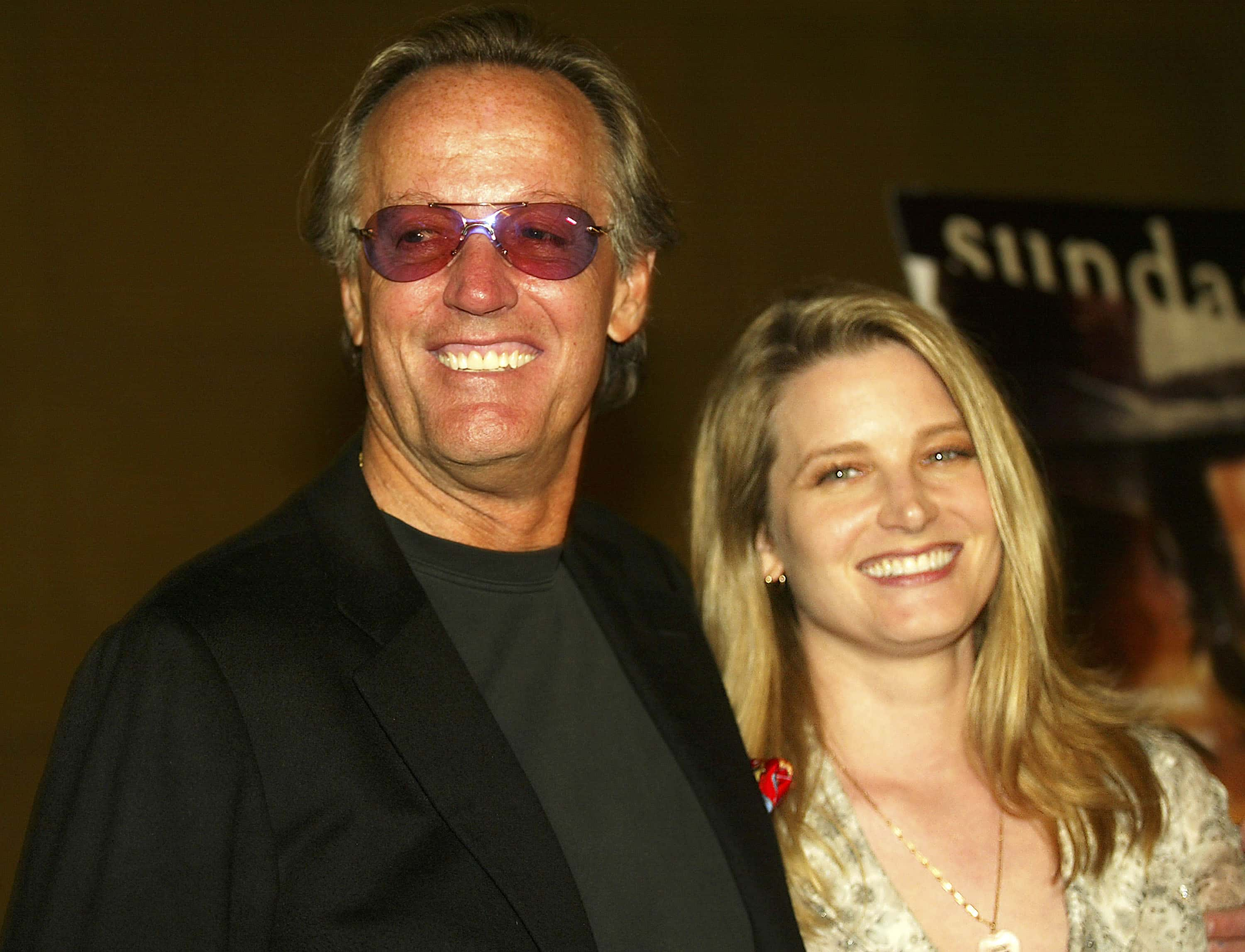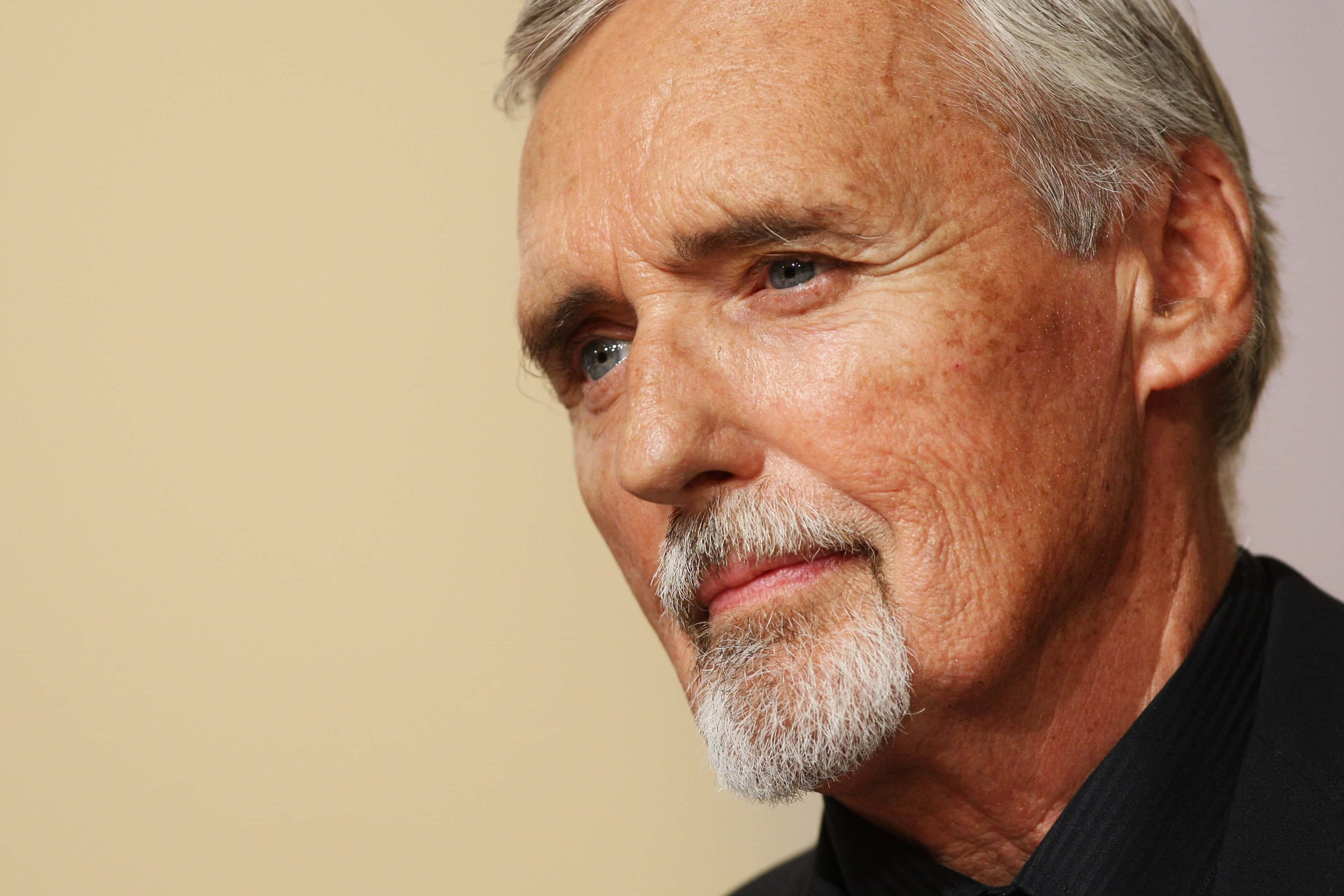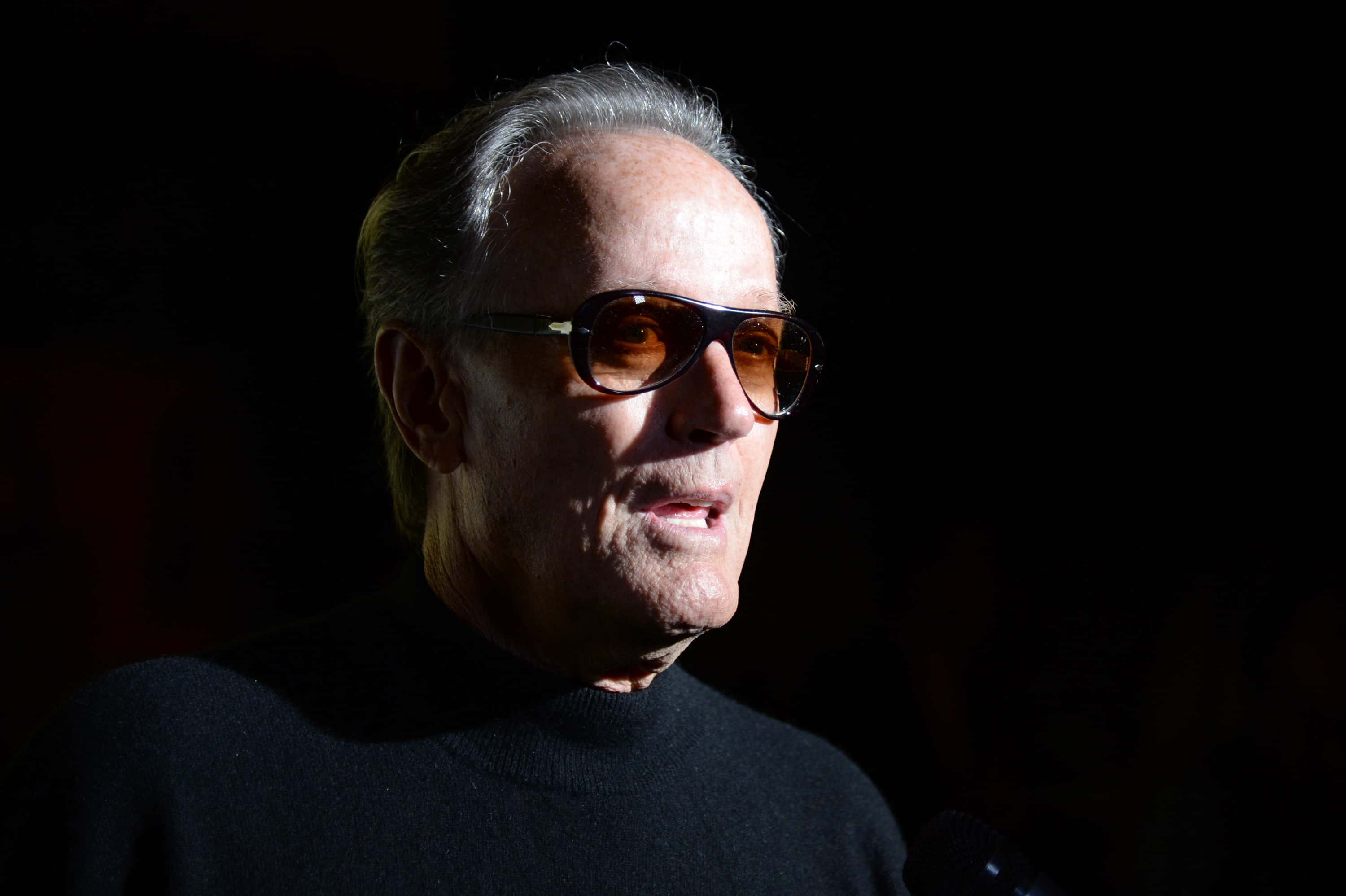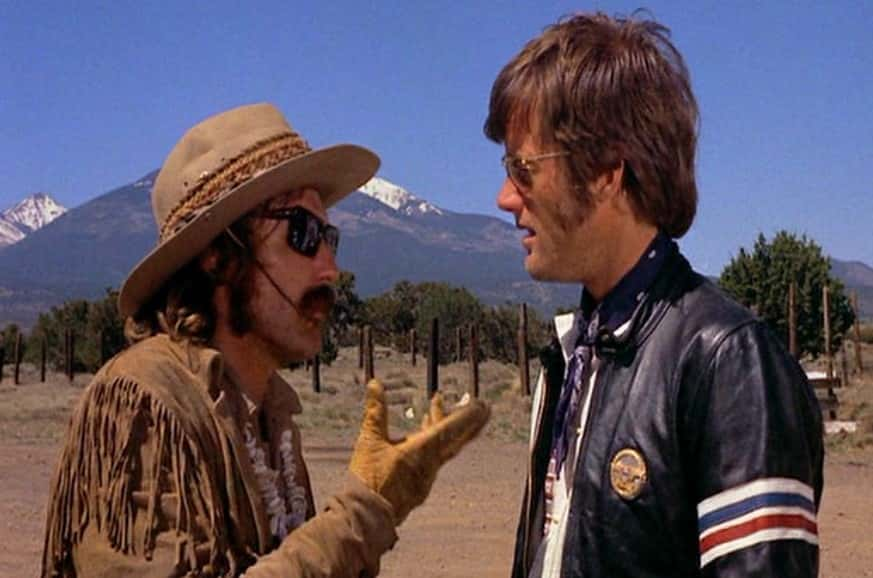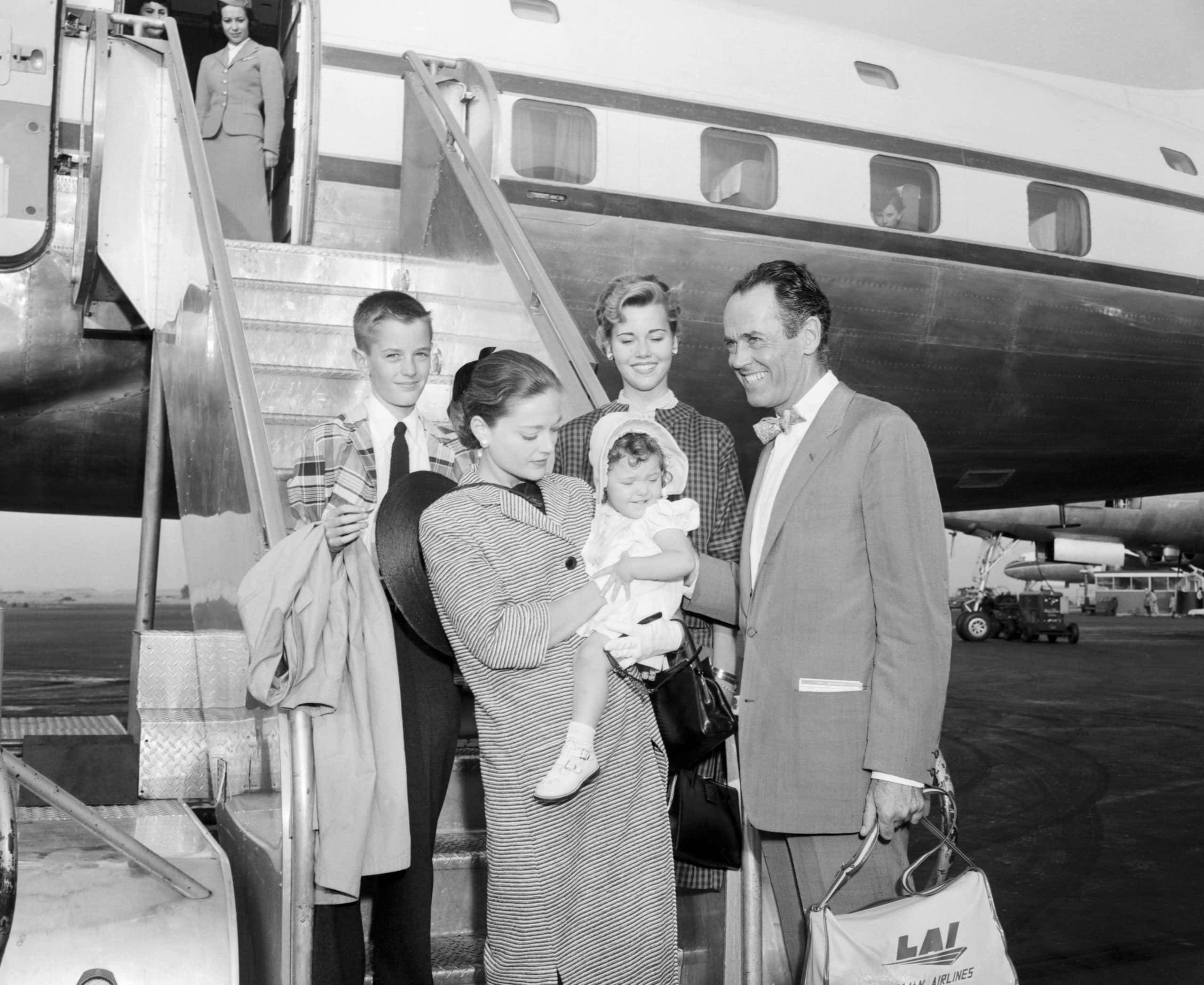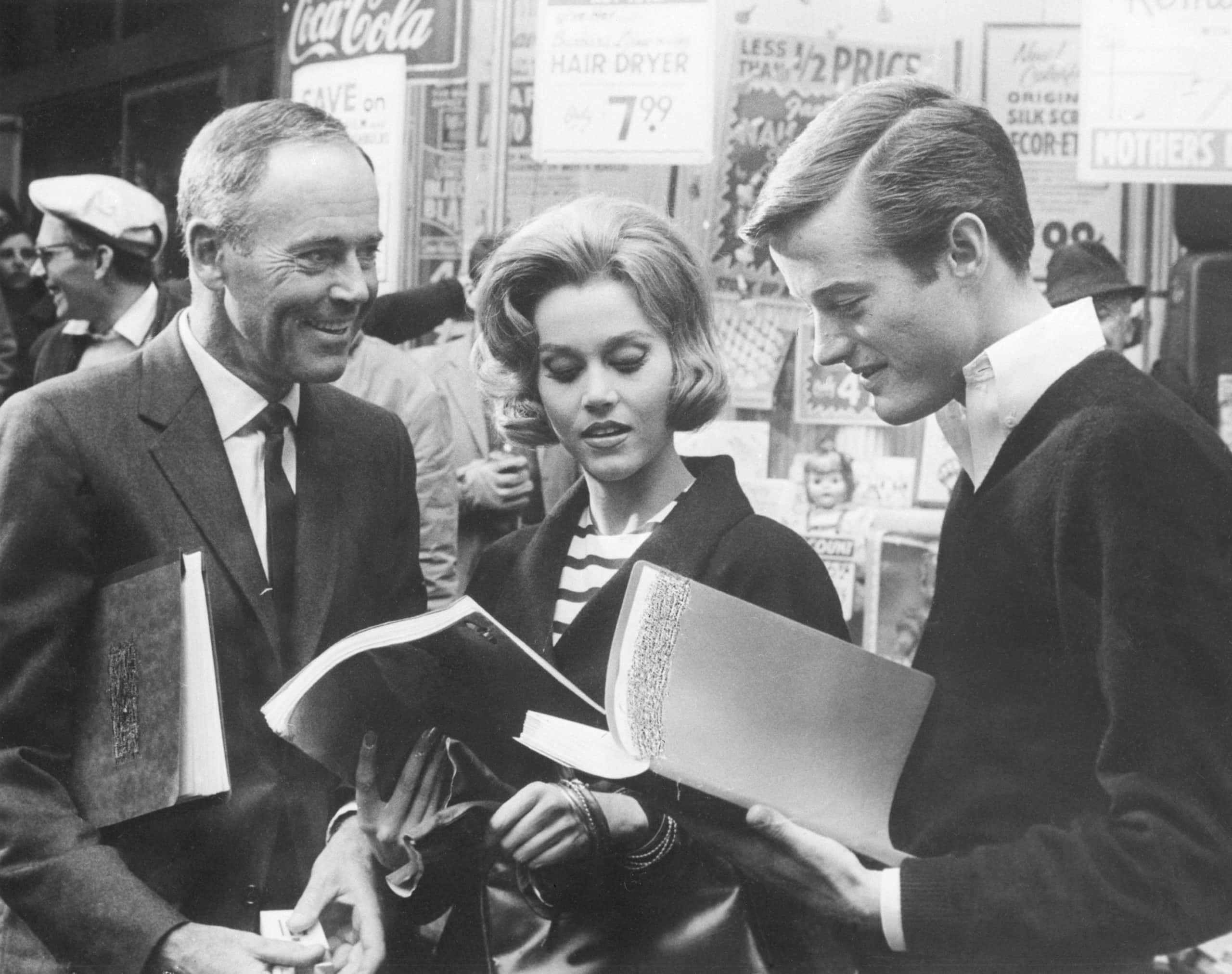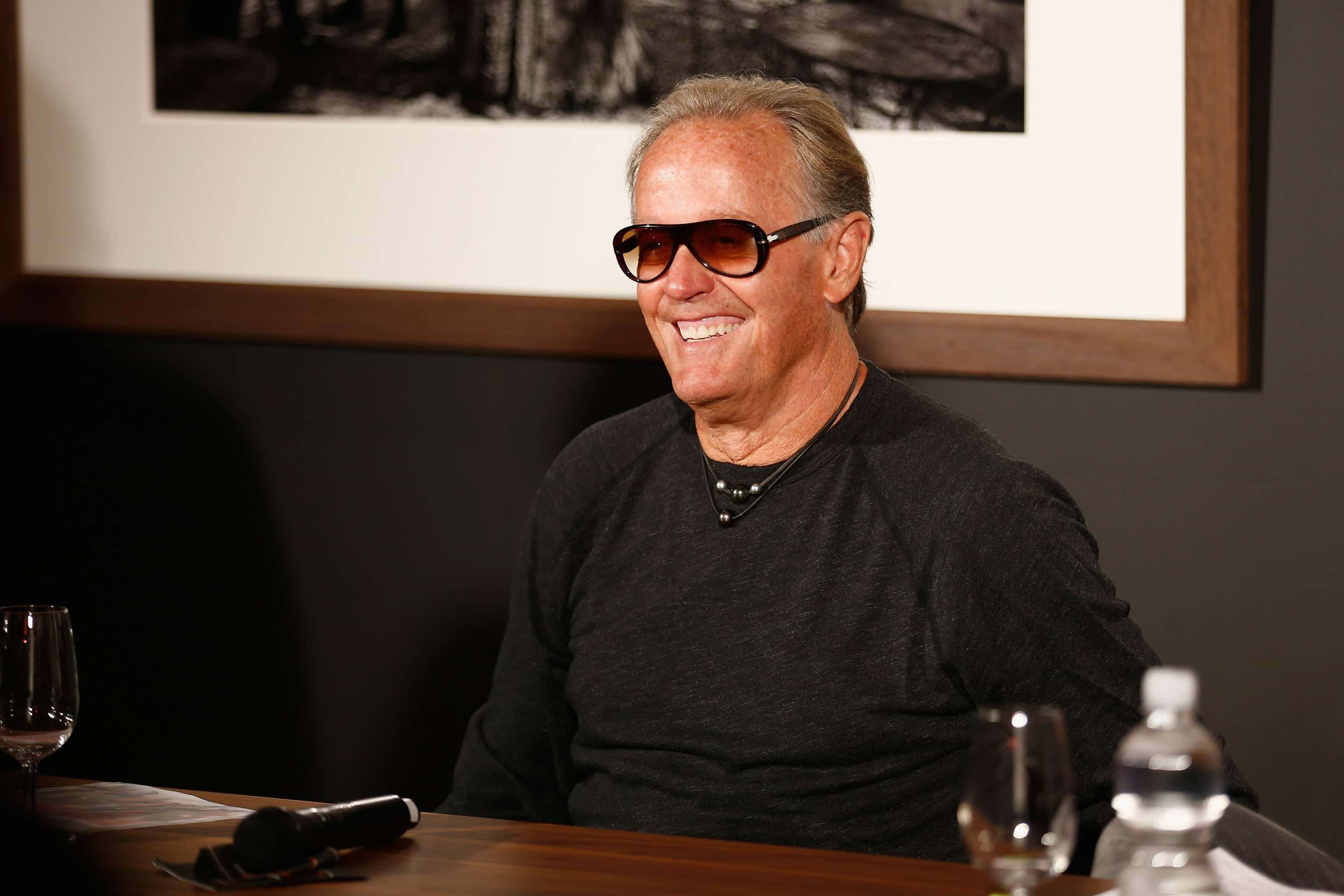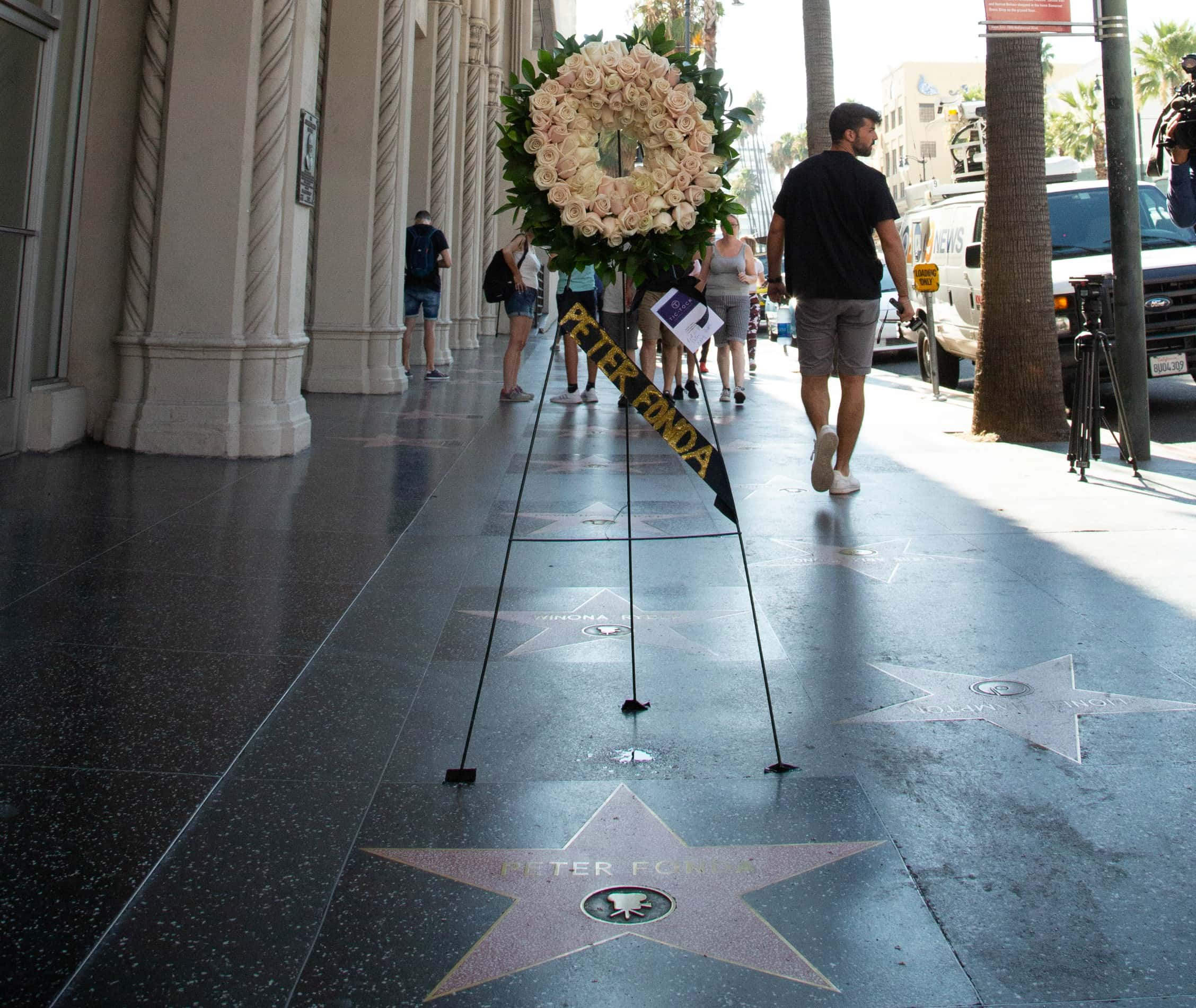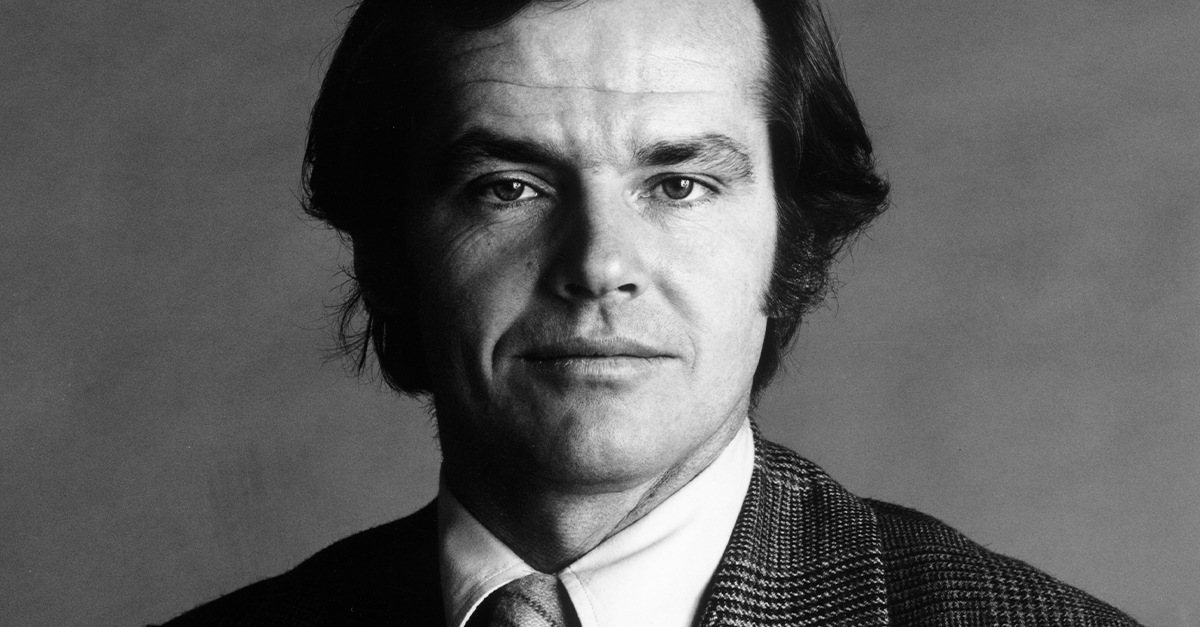On August 16th, 2019, veteran Hollywood star Peter Fonda passed on at age 79. This is an enormous loss not just for his family but also for film buffs everywhere. Fonda was part of a lasting acting dynasty, and he was also at the forefront of the counterculture shift that led to the revolutionary New Hollywood. Continue reading to find out more about Fonda's life and legacy.
1. A Star Is Born
Fonda was born in New York City on February 23rd, 1940. Little baby Peter already had some serious acting bona fides. He was the son of acting legend Henry Fonda and the beautiful socialite Frances Ford Seymour. He had an older sister, Jane Fonda—who grew up to be a star in her own right—and an older half-sister, Frances de Villers Brokaw.
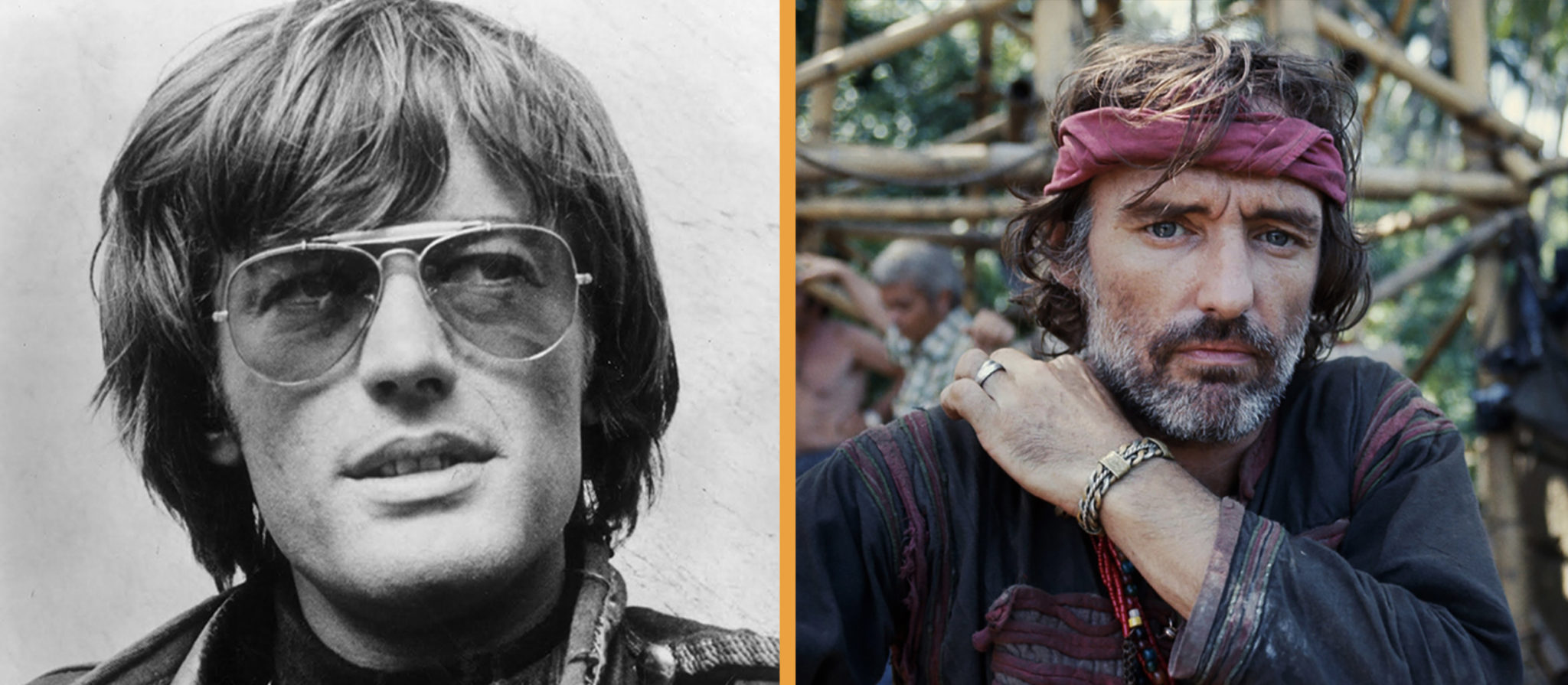
2. Family Business
Though Fonda had a cold, distant relationship with his father, he followed in his footsteps. Peter went to the same university as his father Henry had, and also joined the same local playhouse, the Omaha Community Playhouse. Incredibly, this was the same community theatre where the great Marlon Brando began his acting career as well.
3. Wearing a New Hat
Peter Fonda was so much more than a pretty face. After he became an acting star, Fonda nursed even greater ambitions for his life, and set his sights on directing. During the 1970s, he directed three feature films: the romantic drama Wanda Nevada, the sci-fi Idaho Transfer, and The Hired Hand, a western film.
4. Get Your Motor Running
Fonda frequently played bikers in iconic films like Easy Rider and Cannonball Run, but his love of motorcycles went much deeper than that. Riding motorcycles was Fonda's real passion in life, and he confessed that motorcycling helped him to stay focused in the rest of his life. In 2002, Fonda was even inducted into the Motorcycle Hall of Fame.
5. Early Start, Abrupt Stop
During the early 1960s, it looked like Peter Fonda had finally made his big break. After he acted in a few roles, director and producer Robert Rossen saw the young man's promise and signed Fonda on to a seven-film contract. Sadly, tragedy was just around the corner. Before the contract could begin in earnest, Rossen passed on.
6. The Cool Kid
There were other, darker reasons why the young Fonda couldn't find success in Hollywood. Stuffy executives saw him as the epitome of hippie counterculture at the time. Additionally, he didn’t wear his hair short, he didn’t follow conventional rules, and he didn’t play nice with Los Angeles power brokers. Worst of all, he never even tried to hide his recreational substance use.
7. Double Trouble
During his life, the Academy gave Fonda two Oscar nominations. One was for starring in the 1997 drama Ulee’s Gold, while the other was for co-writing Easy Rider.
8. Time to Cut a Record
Peter Fonda had a secret talent that very few people know about. Besides his work on film and television, Fonda also performed music. He was close friends with members of the hit 60s band The Byrds, and in 1968 he recorded the song "November Night,” which was written by frequent Byrds collaborator Gram Parsons.
9. Something to Bond Over
Even as a young boy, Peter Fonda knew there was always something wrong with his parents' marriage. As an adult, Fonda confessed that their love was very turbulent and troubled. Nonetheless, the ordeal had a silver lining: Fonda also said it helped him empathize with his friend Dennis Hopper's own martial strife.
10. Filmmaking With the Old Man
With the success of both Henry and Peter Fonda’s acting careers, it might surprise you to know that father and son only ever made one film together: Wanda Nevada.
11. Just Showing My Patriotic Colors, Officer
In Easy Rider, Fonda’s character famously wears an American flag on his jacket and on his chopper’s gas tank. The actor spent a week before production driving around LA so that his gear would look properly worn out, but this roaming caused him a world of trouble. Officers actually pulled him over multiple times, suspicious of his liberal use of the flag.
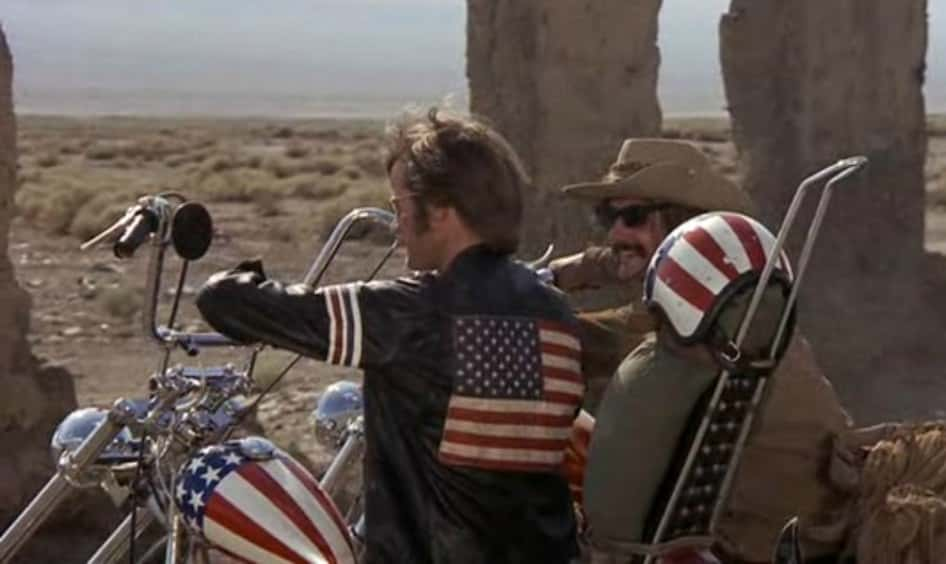 Flickr, shelby wants to be riding
Flickr, shelby wants to be riding
12. Siblings Stick Together
Although Fonda and his sister Jane had a very strained relationship with their father, Henry, they were utterly devoted and loyal to each other. At one point, Jane attracted a lot of criticism for her political activism, but her baby brother always stood up for her. In fact, he was even once detained for defacing a public poster that read "Feed Jane Fonda to the Whales".
13. I’m Not Henry, You Know!
For a long time, many people wanted to see Fonda take up his father Henry's famous role in the film 12 Angry Men—but Peter always staunchly refused. Whether because he didn't want to attract that kind of attention or because he had mixed emotions about his dad, the answer was always a firm "no" or "Don’t hold your breath for that one".
14. Trend-Setters
One of Fonda's first hit films was the 1966 movie The Wild Angels. Directed by legendary countercultural filmmaker Roger Corman, the movie starred Fonda as a member of the Hells Angels biker gang. The film not only launched Fonda's career but also the biker film genre as a whole, which was popular well into the 1970s.
 The Wild Angels (1966), American International Pictures
The Wild Angels (1966), American International Pictures
15. Fake It Till You Make It
The Wild Angels originally starred actor George Chakiris and Fonda, but Chakiris was hiding an embarrassing, ruinous secret. He couldn't actually ride a motorcycle! Since the skill was absolutely essential for the film, the producers eventually put Fonda in his role and then hired bad boy actor Bruce Dern for the second part.
16. Sibling Reunion
The only film that Fonda ever appeared in with his sister Jane was the 1968 anthology film Spirits of the Dead. In a very far stretch for two sibling actors, they play cousins in the film.
 Spirits of the Dead (1968), Les Films Marceau
Spirits of the Dead (1968), Les Films Marceau
17. Hunter S. Thompson Would Have Been Proud
In true counterculture spirit, the joint that Fonda, Dennis Hopper, and Jack Nicholson smoke in the film Easy Rider was the genuine article. Nicholson’s rambling monologue in particular was done while he was genuinely, er, not sober at all. By contrast, the other substances in the film were fake, but only because the budget couldn’t afford the real stuff.
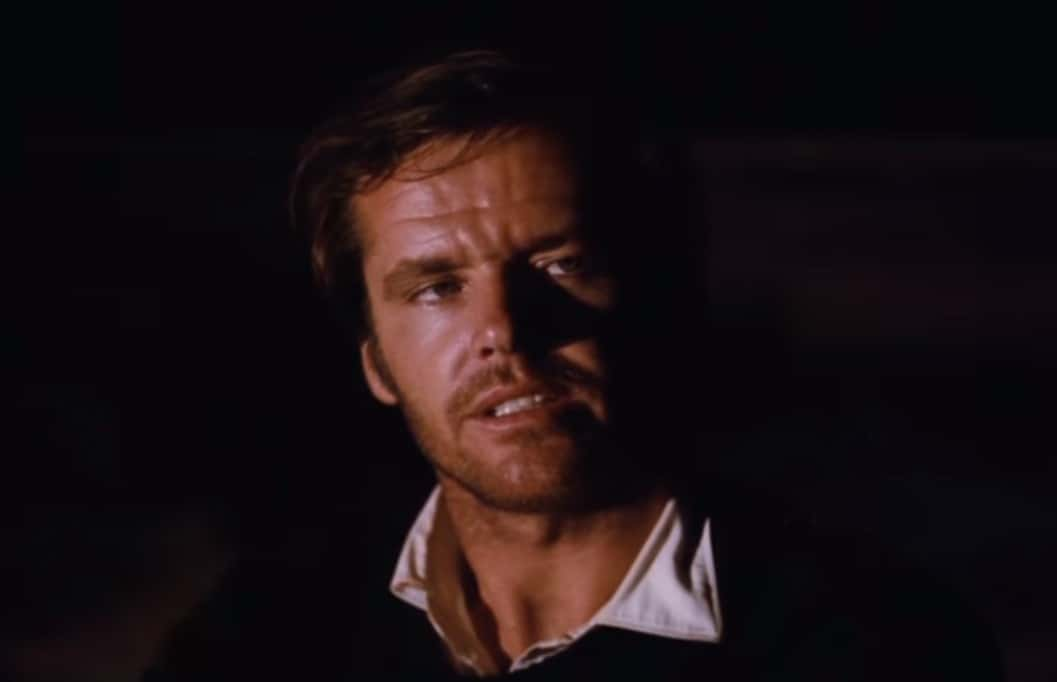 Easy Rider (1969), Columbia Pictures
Easy Rider (1969), Columbia Pictures
18. Laser Focus
Despite his foggy mental state on the set of Easy Rider, cast and crew alike were amazed at how well Nicholson held it together during his monologue scene. In fact, Nicholson was one of the only actors who could memorize and then stick to a script during the substance-addled shoot—everyone else mostly improvised their lines.
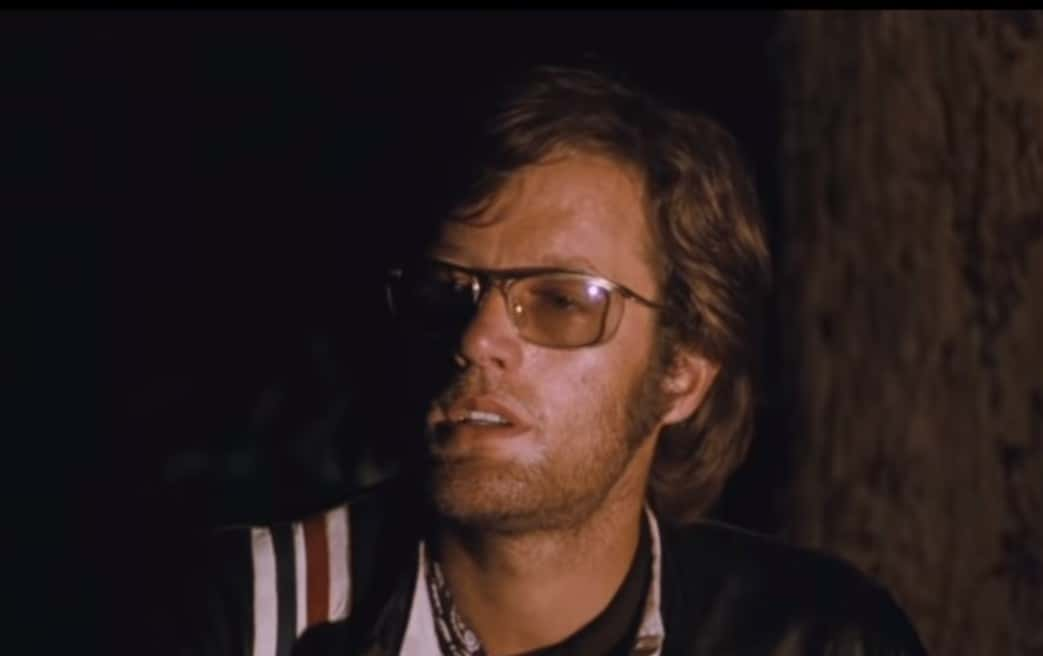 Easy Rider (1969), Columbia Pictures
Easy Rider (1969), Columbia Pictures
19. This One’s for You, Dad
In 1997, Fonda starred in the film Ulee’s Gold, where he portrays a beekeeper who is pushed to save his dysfunctional family from trouble. The project was very personal for Fonda, as his own father Henry had been an amateur beekeeper. Fonda also wore his father’s watch during the production as a personal good luck charm.
20. Danger Man
Fonda’s passion for motorcycling had heartbreakingly high costs. On at least two different occasions in his life, Fonda broke his back while motorcycle riding. Yet amazingly, Fonda didn’t need a motorcycle to have a serious back injury. The first time he ever broke his back was in boarding school when he was six years old, long before riding bikes.
21. Half and Half
During his film and television career, Fonda was nominated for four Golden Globe Awards, winning one.
22. Looking Back
In 1998, Fonda published his memoir, Don’t Tell Dad. In the book, he reminisces on his childhood, fame, and Easy Rider. Perhaps most heartbreakingly, Fonda confesses that he always sought his father's love and approval, but could never get it. As he said, "My father was a shy man. To his dying day we only ever knew seven stories about him. He was afraid of strong emotion".
23. Regrets, I've Had a Few
When Fonda was pitching Easy Rider to producers and film studios, one of the first people he offered the project to was his friend Roger Corman. Fatefully, Corman turned it down. Corman lived to regret it, and after the success of Fonda's little biker project, he called it the worst professional decision he ever made in his life.
24. Hippie Riots
In 1966, the young Fonda was involved in the Sunset Strip curfew riots. The strip had become a hub of countercultural activity, and people started to complain about the crowds. When the city tried to impose strict curfews, a horde of youths launched a protest movement, Jack Nicholson and Peter Fonda among them. Fonda was even handcuffed and detained at the scene.
25. Letting It All Out
In Easy Rider, there is an iconic and incredibly intense scene where Fonda’s character tearfully addresses a statue with equal parts love and hatred, even calling it "mother” during the monologue. Heartbreakingly, director Dennis Hopper had encouraged Fonda to speak to the statue as if the statue was his own late mother.
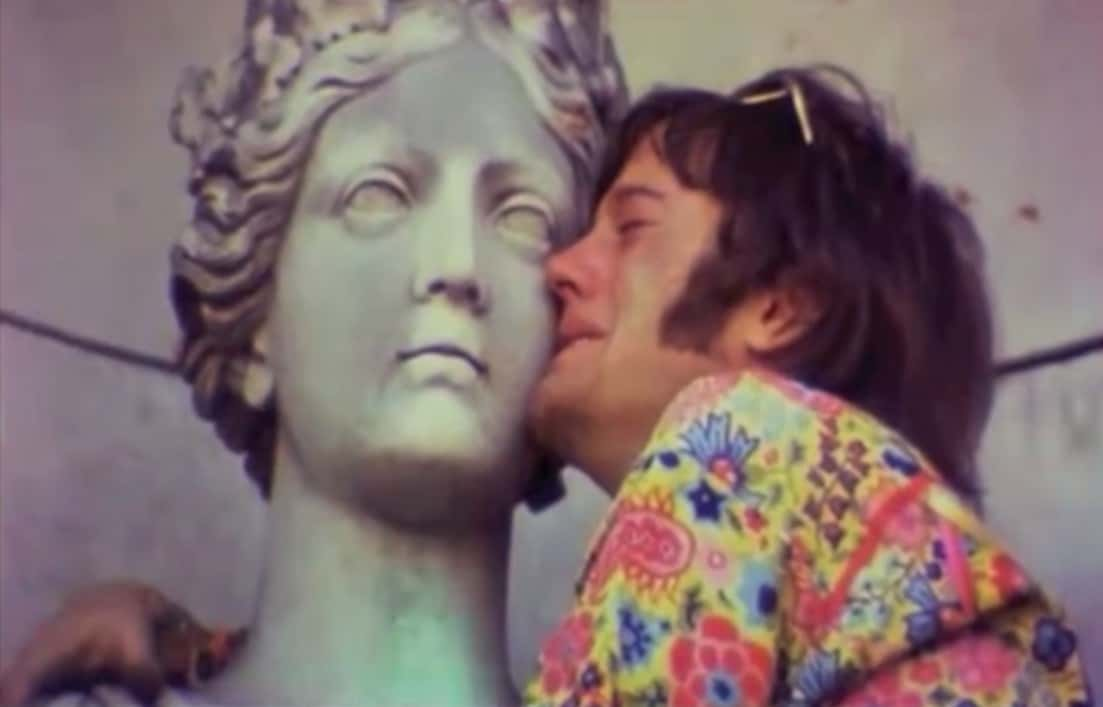 Easy Rider (1969), Columbia Pictures
Easy Rider (1969), Columbia Pictures
26. Close Call
Fonda’s life nearly came to an abrupt, violent end on his 11th birthday. After somehow getting hold of a gun, Fonda accidentally shot himself in the abdomen. His father rushed the young, dazed boy to medical facilities in Nainital, and doctors kept him there for several months while he recovered. He was a very lucky boy.
27. Cemented in Pop Culture
Fonda's near-fatal experience even inspired a Beatles song. In the summer 1965, The Beatles invited Peter Fonda and some other Hollywood superstars to a party in the house they were staying at. At one point, George Harrison was having a bad trip and feared that he was dying, and he began looking around desperately for comfort.
Fonda attempted to calm him down by assuring him that he personally knew what dying felt like, even showing Harrison his bullet would. This only made the situation worse, and John Lennon kicked Fonda out of the house. However, it wasn't all for nothing. Fonda’s words ended up inspiring the lyrics to the Beatles’ song "She Said She Said".
28. Don’t Try This at Home
Fonda's motorcycle in Easy Rider had "apehanger" handlebars and was particularly stretched and raked, which is a dangerous, unstable style of bike meant only for experienced riders. In fact, When Jack Nicholson had to ride on the back of the chopper for one of the scenes, he lost his balance, squeezed his knees, and broke one of Fonda's ribs.
29. Improvising to the Extreme
The Easy Rider set was infamously directionless. Fonda and Hopper reportedly never even finished writing a whole screenplay for the film, leading to the aforementioned improvisation. On top of that, the film barely had a crew at all. Fonda and Hopper preferred to hire people from the street to assist them wherever they went.
30. Contested Authorship
In fact, no one really knows how the screenplay to Easy Rider got written at all. While some say there was only a 12-page outline, Fonda, had a different perspective. He said he, Hopper, and screenwriter Terry Southern all got high in Southern's basement and recorded it end-to-end. But Southern's story is even more ridiculous.
Southern claims that he wrote the entire thing himself, and that Fonda and Hopper were such fans of it, they begged to get screenplay credits as a "thank you".
 Easy Rider (1969), Columbia Pictures
Easy Rider (1969), Columbia Pictures
31. Twitter Tantrum
In 2018, Fonda came under fire for a series of highly provocative and angry tweets that he posted to Twitter about modern American politics. Not shying away from using expletives, Fonda went on to delete the controversial tweets, and he even issued an apology amid a strong backlash against his "abhorrent, reckless” words.
32. Like Father, Like Daughter
Peter Fonda's daughter with his first wife Susan Jane Brewer is none other than acclaimed actress Bridget Fonda. After making her first appearance on film as a commune child in Easy Rider, Bridget followed her father, aunt, and grandfather into the acting industry. Her best-known role might be in The Godfather Part III.
33. Newcomers
After Fonda’s indie film Easy Rider was a smashing success, Universal Pictures wanted to replicate it by giving young, independent filmmakers small budgets to make movies in the same style. Fonda and his Easy Rider co-star Dennis Hopper each got their own films to direct, but one film in particular stood out: American Graffiti, directed by a then-unknown George Lucas.
 American Graffiti (1973), Universal Pictures
American Graffiti (1973), Universal Pictures
34. Friction Between Friends
Despite considering Dennis Hopper to be a close friend, Fonda had a very difficult time working with him on the set of Easy Rider. Hopper was paranoid and angry, and he made sure everyone else knew it. People continued to leave the production, even secretly recording Hopper’s unhinged tirades as proof of why they couldn’t stick around.
35. Holding a Grudge
After their work together on Easy Rider, Fonda and Hopper's relationship tragically soured. By the time Hopper's health was failing years later in 2010, he still absolutely refused to meet with Fonda. As Fonda put it, "Well, I knew that Dennis was dying and I made many attempts to see Dennis...But he refused to see [me]".
36. Till Death Do I Spite
Hopper took his grudge to incredibly disturbing levels. Not only did he refuse to see Fonda, he even banned him—as well as his other Easy Rider collaborators—from attending his funeral. Sadly, Fonda even went all the way to the chapel door to see his friend one last time, only to have Hopper's family refuse him entry.
37. BFF = Bitter Friend Forever
Hopper's biggest reasons for the decades-long grudge were tragically petty. According to an interview Fonda gave in 2014, it was all because Hopper thought he got a raw deal when it came to doling out the Easy Rider money and getting proper credit as a screenwriter on the film. Fonda explained, "I just think that he was so caught up in his own megalomania".
38. Tragic Loss
Fonda was just 10 years old when unimaginable tragedy struck. His mother, Frances Ford Seymour, took her own life. At the time, she was staying in a sanatorium in New York, and Fonda’s father had begun the process of divorcing her. Perhaps worst of all, Fonda's family initially lied to Jane and Peter, telling them that she had succumbed to a heart attack.
39. The Dark Truth
Fonda was 15 years old when he found out the truth about his mother. As he later confessed, it was his sister Jane who discovered that their mother took her own life after reading about it in a magazine. But for five long years, the coverup was air tight. As he said, "At the time all magazines and newspapers were kept away from the house and my mother's name was never mentioned again".
40. Merry Christmas
Grieving his lost mother, little Peter acted out in very disturbing ways just after her passing. The next Christmas, he admitted, "I piled presents on a chair for [my mother]. Jane thought I had really lost it".
41. Letting Go
Though his mother's passing shaped him for the rest of his life, Fonda eventually made his peace with the childhood tragedy. In 2014, he gave an interview where he confessed that getting over her passing "was very tough, no question, but nobody can change what happened and I'm 74 now and I don't have to carry it in my heart".
42. Farewell, Brother
On August 16, 2019, Fonda passed on in his own home from respiratory failure; he had been suffering from lung cancer. After his passing, his big sister Jane made a heartbreaking tribute to the media, saying, "I am very sad. He was my sweet-hearted baby brother. The talker of the family. I have had beautiful alone time with him these last days. He went out laughing".
RIP Peter Fonda.
Sources: 1, 2, 3, 4, 5, 6, 7, 8, 9, 10, 11, 12, 13, 14, 15, 16, 17, 18, 19, 20, 21, 22

